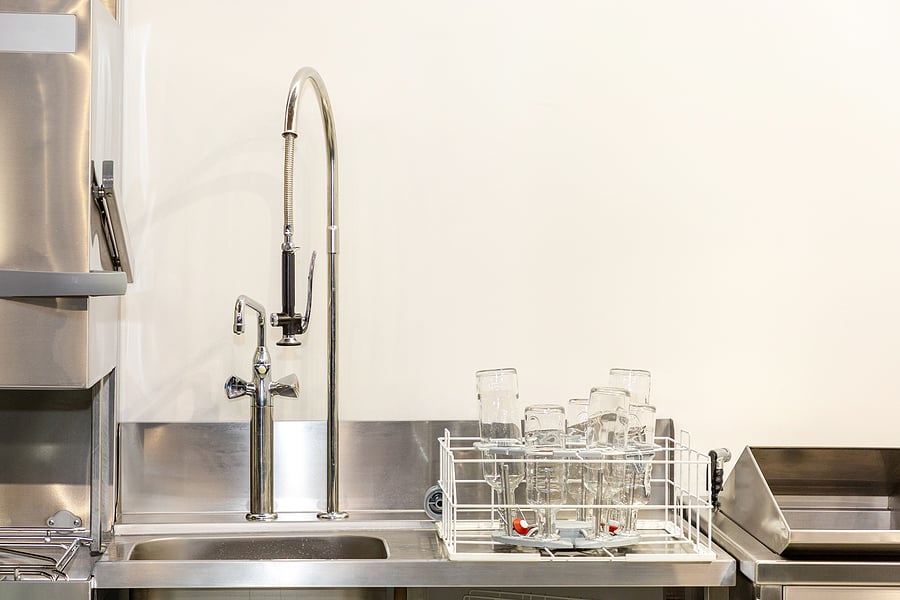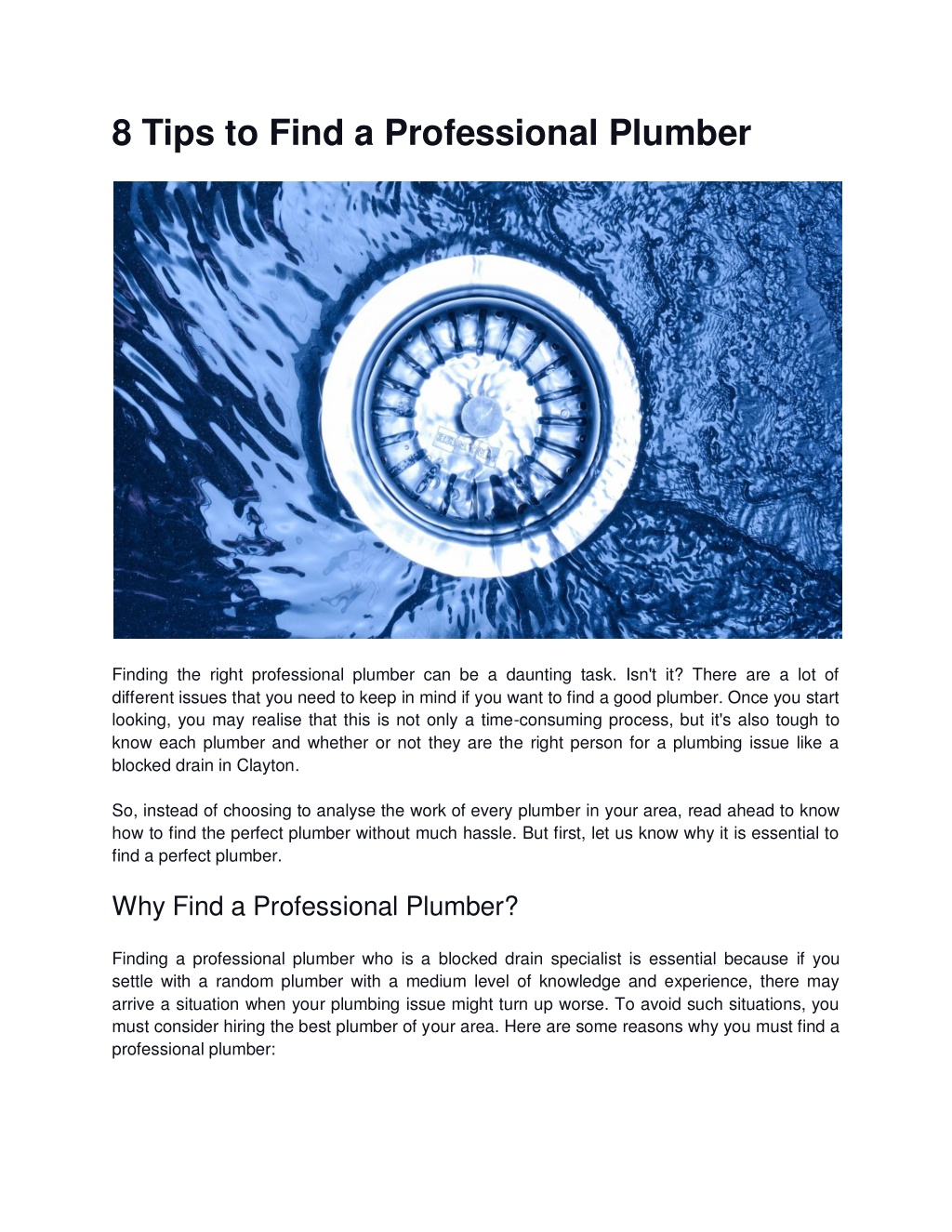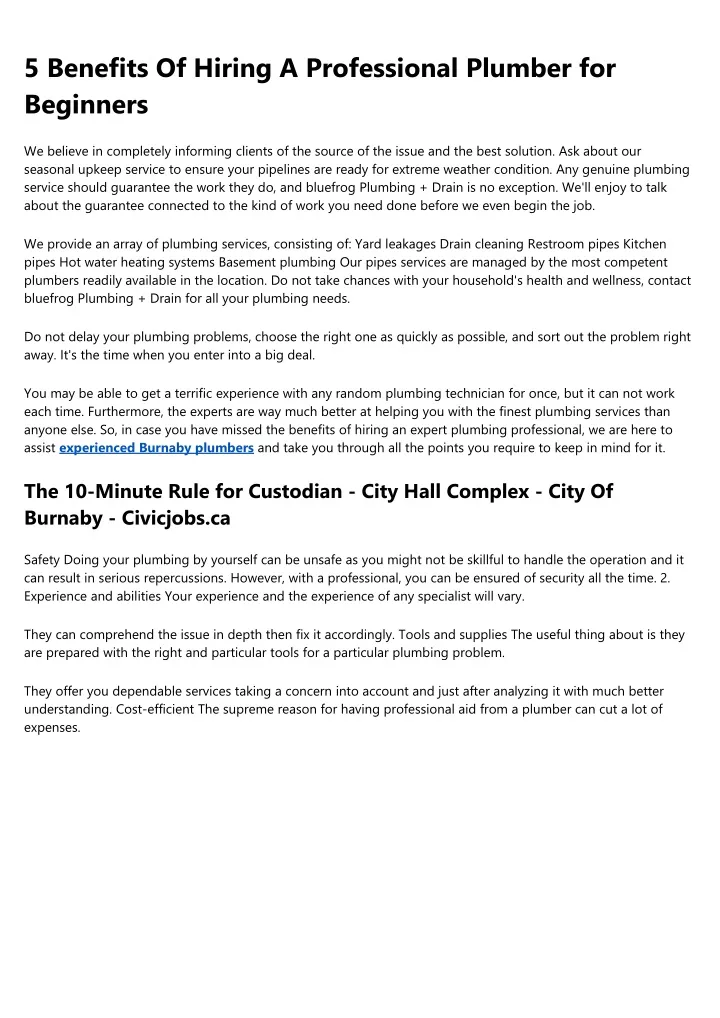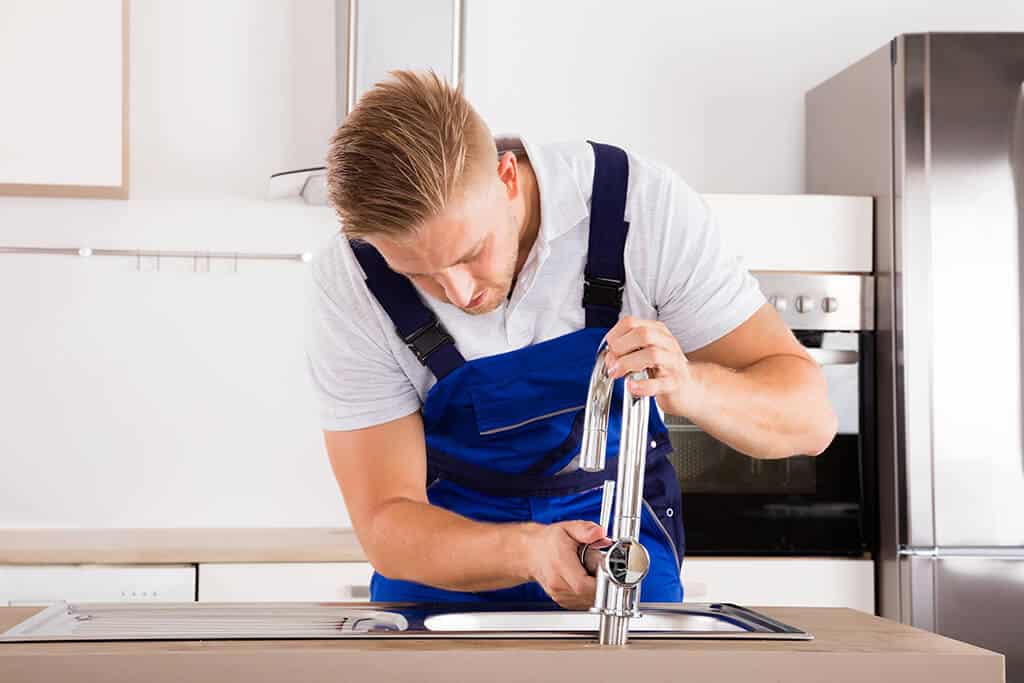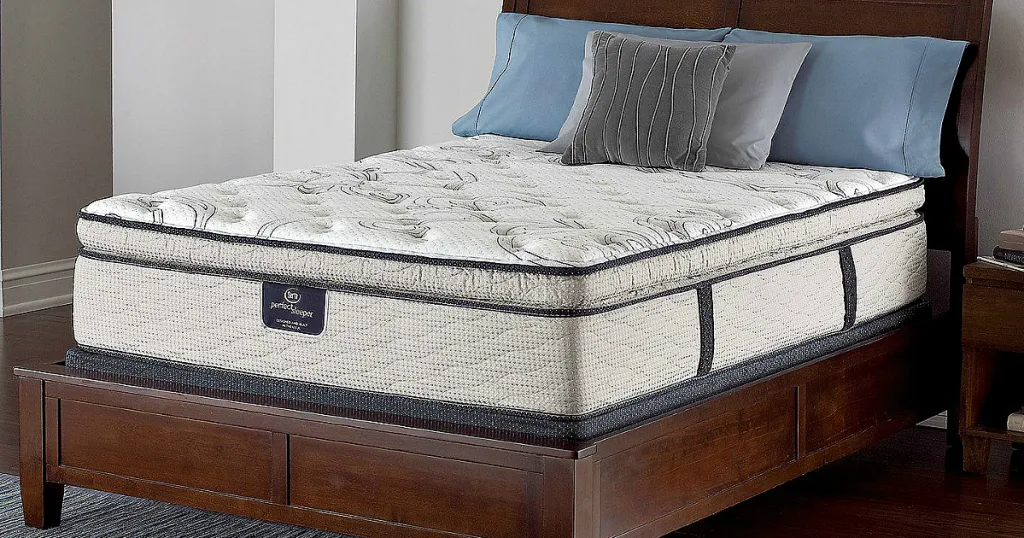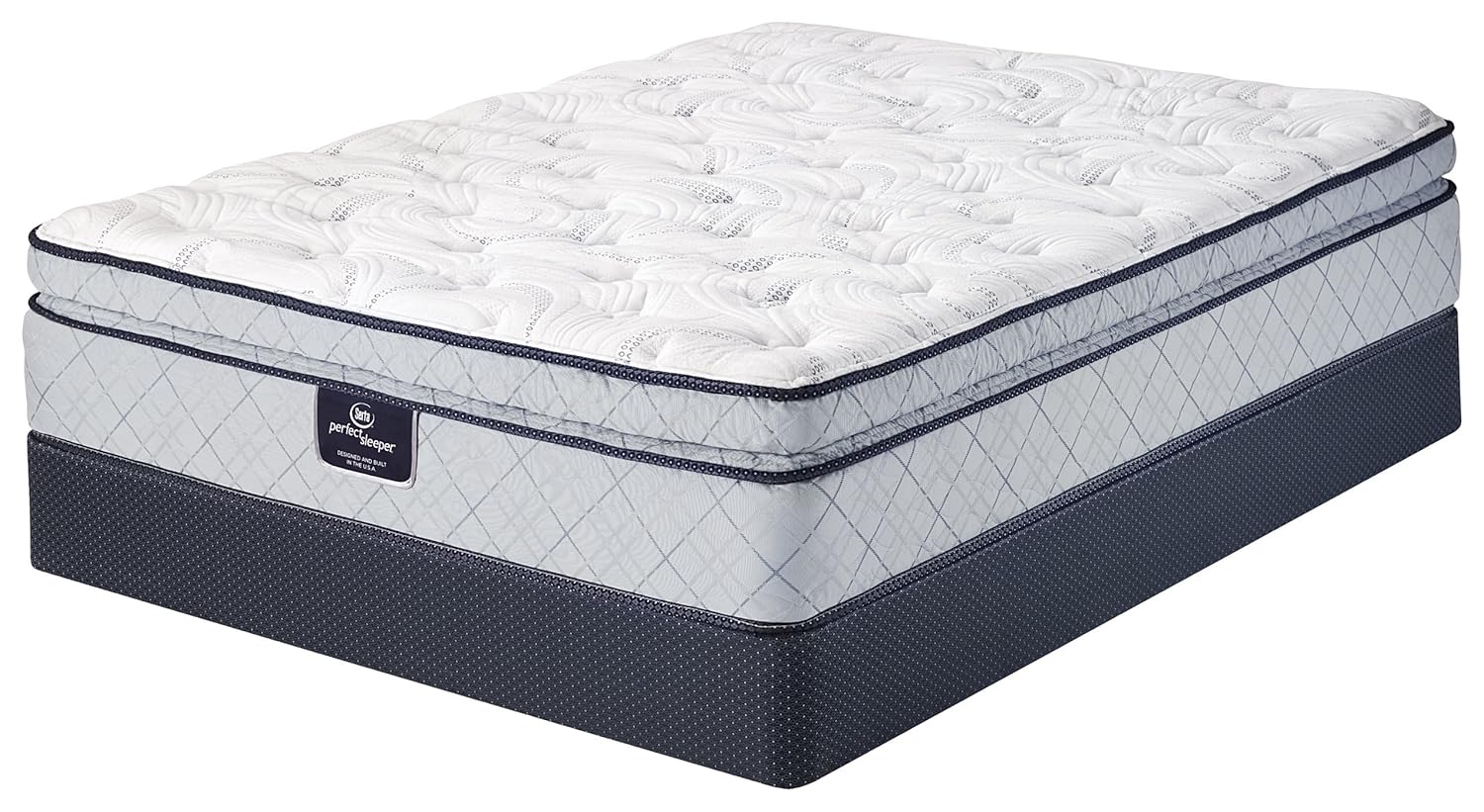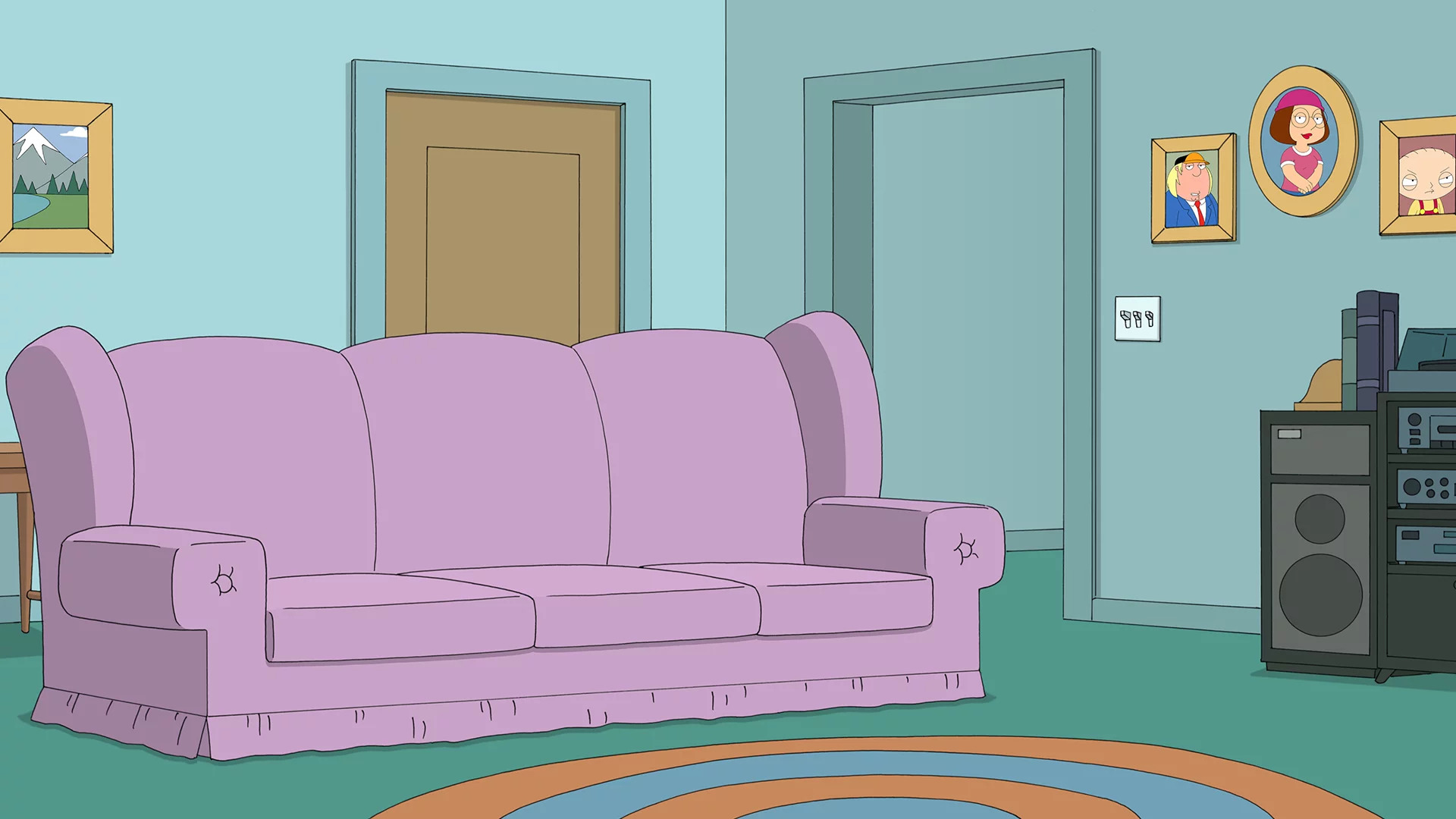If you are experiencing a strong chemical smell coming from under your kitchen sink, one of the first things you should do is check the P-trap. This is a U-shaped pipe that is located under your sink and is designed to hold a small amount of water to prevent sewer gases from entering your home. Over time, food particles, grease, and other debris can get trapped in the P-trap, causing unpleasant odors to arise. To clean out the P-trap, you can start by placing a bucket or large bowl under the trap to catch any water or debris that may come out. Then, use a pipe wrench to unscrew the P-trap and remove it from the pipe. Use a wire brush or old toothbrush to scrub away any buildup or residue. Once clean, reattach the P-trap and run some hot water down the drain to flush out any remaining debris.1. Cleaning out the P-trap
Another common cause of chemical smells under the kitchen sink is a leak in one of the pipes. This can be caused by a loose connection, a crack in the pipe, or even a damaged seal. To check for leaks, start by inspecting all of the pipes under your sink. Look for any signs of water or moisture, as well as any areas that seem loose or damaged. If you do find a leak, you can try tightening the connection or using some plumber's tape to seal any cracks. If the leak persists, it may be best to call a professional plumber to fix the issue and prevent any further damage.2. Checking for leaks
If your kitchen sink has a garbage disposal, it could be the culprit behind the chemical smell. Food particles, grease, and other debris can get stuck in the blades or on the walls of the disposal, causing a foul odor to arise. To inspect the disposal, start by turning off the power to the unit. Next, use a flashlight to look inside the disposal and check for any buildup or residue. If you see any, you can use a long-handled brush or a mixture of baking soda and vinegar to scrub away the debris. Once clean, run some hot water and turn the power back on to flush out the disposal.3. Inspecting the garbage disposal
One of the most common causes of a chemical smell under the kitchen sink is old food or debris that has been left to rot. This can happen when food scraps or other items fall into the space behind your cabinets and are not properly disposed of. To remove any old food or debris, you can start by taking everything out from under your sink and inspecting the area carefully. If you find any old food or debris, be sure to dispose of it properly and then clean the area thoroughly with hot water and a mild cleaning solution. This will not only eliminate the smell but also prevent any future buildup from occurring.4. Removing old food or debris
Baking soda and vinegar are a powerful and natural combination that can help eliminate chemical smells under your kitchen sink. To use this method, start by pouring a cup of baking soda down the drain. Follow this with a cup of vinegar, and let the mixture sit for about 10 minutes. Once the time is up, run hot water down the drain to flush out the baking soda and vinegar. This will not only eliminate any odors but also help to clean and unclog the pipes.5. Using baking soda and vinegar
A strong chemical smell coming from under your kitchen sink could also be a sign of mold or mildew growth. This can occur if there is a moisture issue in the area, allowing mold and mildew to thrive. To check for mold or mildew, inspect the walls and pipes under your sink for any signs of discoloration or growth. If you do find mold or mildew, it is important to address the issue as soon as possible. You can use a mixture of bleach and water to clean and disinfect the affected area, or you can call a professional for more extensive mold remediation services.6. Checking for mold or mildew
If none of the above methods seem to be working, you may have a clog in your pipes that is causing the chemical smell. In this case, you can try using a drain snake to remove any debris or buildup that may be causing the clog. To use a drain snake, insert it into the drain and twist it to catch any obstructions. Once you feel the snake has caught something, pull it out and dispose of the debris.7. Using a drain snake
If you have recently had any plumbing work done under your kitchen sink, it is possible that a damaged seal could be causing the chemical smell. A damaged seal can allow sewer gases to escape into your home, causing unpleasant odors to arise. To check for a damaged seal, inspect all of the connections and seals under your sink for any signs of wear or damage. If you do find a damaged seal, you may need to replace it to eliminate the smell.8. Checking for a damaged seal
If all else fails, you can try using a commercial drain cleaner to eliminate the chemical smell under your kitchen sink. These cleaners are designed to dissolve any buildup or debris that may be causing clogs or odors in your pipes. However, it is important to use these products carefully and according to the instructions, as they can be harmful to your pipes and the environment.9. Using a commercial drain cleaner
If you have tried all of the above methods and are still experiencing a strong chemical smell under your kitchen sink, it may be time to call a professional plumber. They will be able to assess the situation and determine the best course of action to eliminate the smell and prevent it from coming back. Plus, they can also help identify any underlying issues that may be causing the smell, such as a damaged pipe or a clog in your main sewer line. In conclusion, a chemical smell coming from under your kitchen sink can be unpleasant and even concerning. However, by following these 10 steps and addressing the issue promptly, you can eliminate the smell and ensure your kitchen remains a fresh and enjoyable space. Remember to regularly clean and maintain your kitchen sink to prevent any future odors from arising. If the smell persists or you are unsure of how to handle the issue, do not hesitate to call a professional for assistance.10. Calling a professional plumber
The Cause of a Chemical Smell Under Your Kitchen Sink
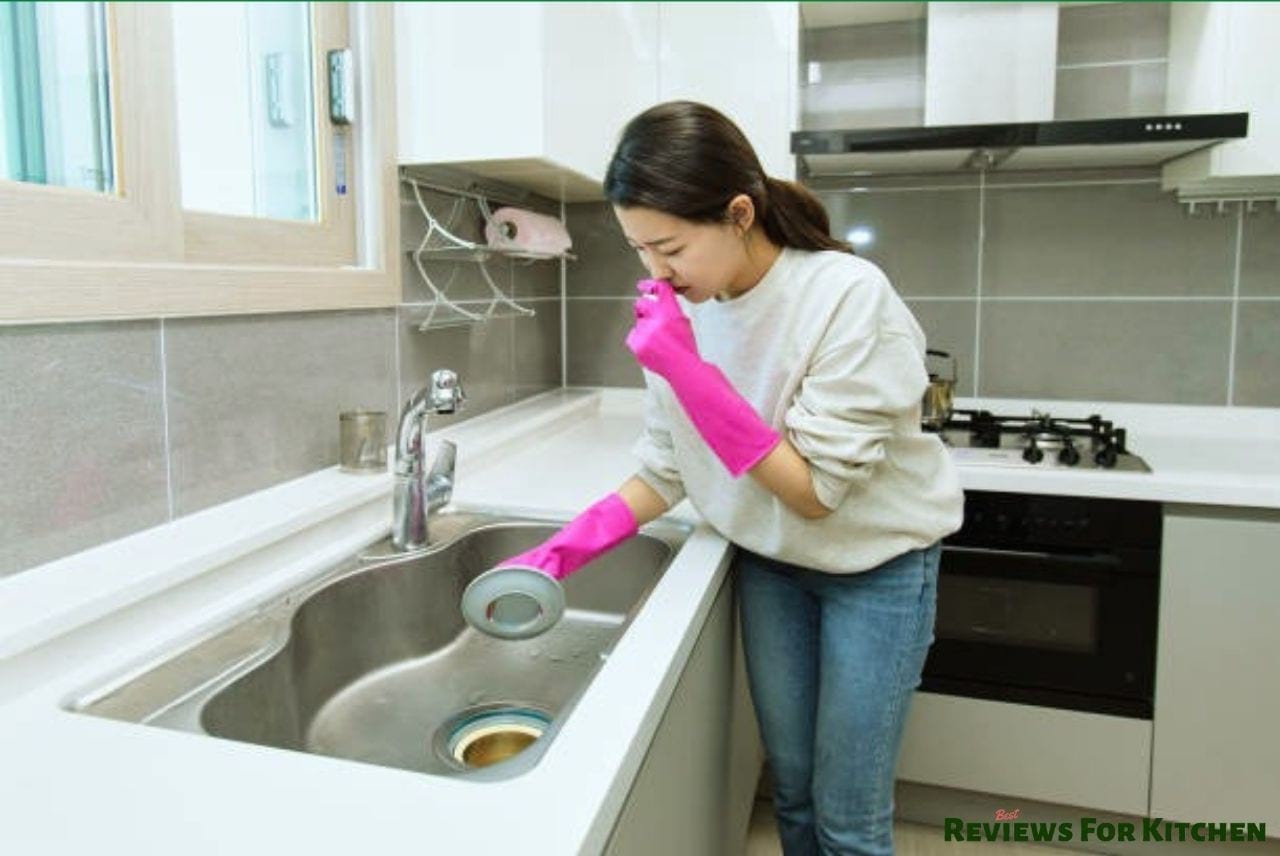
Understanding Household Plumbing Systems
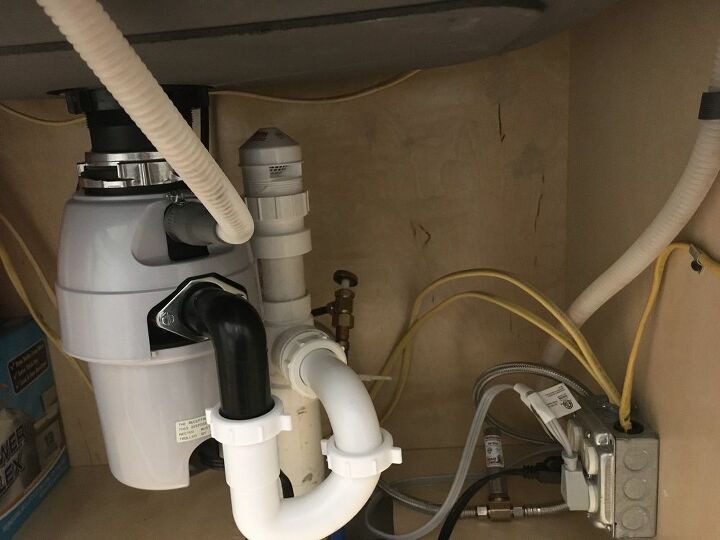 When it comes to house design, one of the most important aspects to consider is the plumbing system. This intricate network of pipes and fixtures is responsible for providing us with clean water and disposing of waste. However, with the complexity of plumbing systems, it is not uncommon for problems to arise, such as a
chemical smell under the kitchen sink
. This can be a cause for concern, not only for the unpleasant odor but also for the potential health hazards it may pose. Let's explore some of the common causes of this issue and how to address them.
When it comes to house design, one of the most important aspects to consider is the plumbing system. This intricate network of pipes and fixtures is responsible for providing us with clean water and disposing of waste. However, with the complexity of plumbing systems, it is not uncommon for problems to arise, such as a
chemical smell under the kitchen sink
. This can be a cause for concern, not only for the unpleasant odor but also for the potential health hazards it may pose. Let's explore some of the common causes of this issue and how to address them.
Leaking Pipes or Connections
 The most common reason for a chemical smell under the kitchen sink is a leak in the plumbing system. This can be due to a damaged pipe or a loose connection between pipes and fixtures. When water leaks out, it can come into contact with household cleaners or other chemicals stored under the sink, producing a distinct odor. If left untreated, a leaking pipe can lead to more serious issues, such as mold growth and water damage. It is important to
fix any leaks immediately
to prevent further damage and eliminate the chemical smell.
The most common reason for a chemical smell under the kitchen sink is a leak in the plumbing system. This can be due to a damaged pipe or a loose connection between pipes and fixtures. When water leaks out, it can come into contact with household cleaners or other chemicals stored under the sink, producing a distinct odor. If left untreated, a leaking pipe can lead to more serious issues, such as mold growth and water damage. It is important to
fix any leaks immediately
to prevent further damage and eliminate the chemical smell.
Blocked or Clogged Pipes
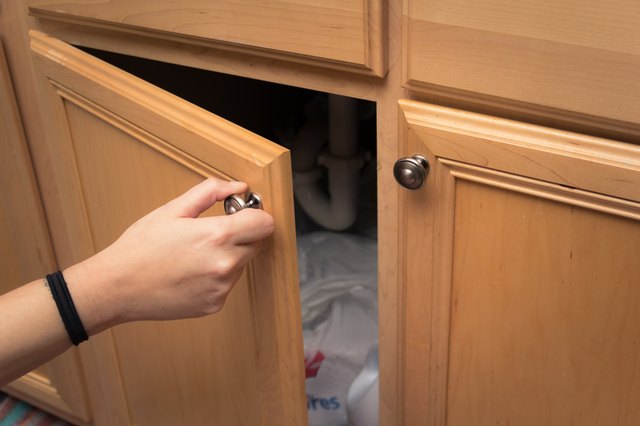 Another possible cause of a chemical smell under the kitchen sink is a blockage or clog in the pipes. This can happen due to a build-up of food waste, grease, or other debris. As the blockage decomposes, it can create foul odors that can seep into your kitchen. To
prevent clogs
, make sure to dispose of food waste properly and avoid pouring grease down the sink. Regularly using a drain cleaner or a natural solution of baking soda and vinegar can also help keep your pipes clear and odor-free.
Another possible cause of a chemical smell under the kitchen sink is a blockage or clog in the pipes. This can happen due to a build-up of food waste, grease, or other debris. As the blockage decomposes, it can create foul odors that can seep into your kitchen. To
prevent clogs
, make sure to dispose of food waste properly and avoid pouring grease down the sink. Regularly using a drain cleaner or a natural solution of baking soda and vinegar can also help keep your pipes clear and odor-free.
Damaged Garbage Disposal
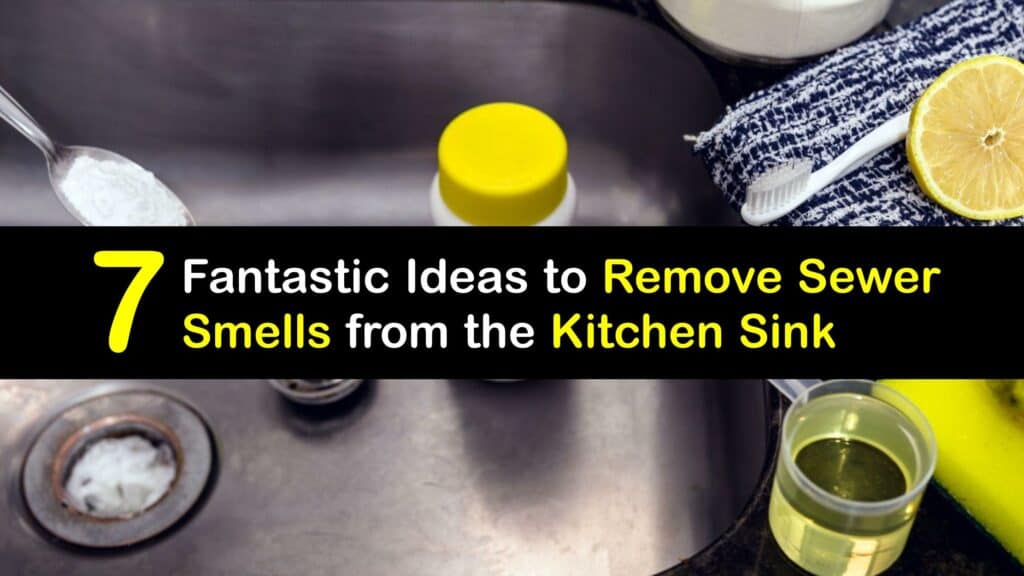 If you have a garbage disposal in your kitchen sink, it may be the culprit behind the chemical smell. Over time, food particles and debris can get stuck in the disposal blades, leading to a foul odor. To address this issue, run your garbage disposal with some ice cubes and citrus peels to clean and freshen the blades. If the smell persists, it may be a sign of a more serious problem, and you may need to
call a professional plumber
for assistance.
If you have a garbage disposal in your kitchen sink, it may be the culprit behind the chemical smell. Over time, food particles and debris can get stuck in the disposal blades, leading to a foul odor. To address this issue, run your garbage disposal with some ice cubes and citrus peels to clean and freshen the blades. If the smell persists, it may be a sign of a more serious problem, and you may need to
call a professional plumber
for assistance.
Taking Care of Your Plumbing System
 Prevention is always better than cure, and this applies to your plumbing system as well. To avoid a chemical smell under your kitchen sink, it is crucial to
take care of your plumbing system
by regularly checking for leaks, keeping pipes clear of debris, and avoiding putting harmful chemicals down the drain. Additionally, make sure to use a drain cover to prevent food waste and debris from entering the pipes.
In conclusion, a chemical smell under the kitchen sink can be a cause for concern, but it is not an uncommon issue in household plumbing systems. By understanding the possible causes and taking preventive measures, you can keep your kitchen smelling fresh and ensure the proper functioning of your plumbing system. Remember to
address any plumbing issues promptly
to avoid further damage and maintain a healthy and comfortable living environment.
Prevention is always better than cure, and this applies to your plumbing system as well. To avoid a chemical smell under your kitchen sink, it is crucial to
take care of your plumbing system
by regularly checking for leaks, keeping pipes clear of debris, and avoiding putting harmful chemicals down the drain. Additionally, make sure to use a drain cover to prevent food waste and debris from entering the pipes.
In conclusion, a chemical smell under the kitchen sink can be a cause for concern, but it is not an uncommon issue in household plumbing systems. By understanding the possible causes and taking preventive measures, you can keep your kitchen smelling fresh and ensure the proper functioning of your plumbing system. Remember to
address any plumbing issues promptly
to avoid further damage and maintain a healthy and comfortable living environment.

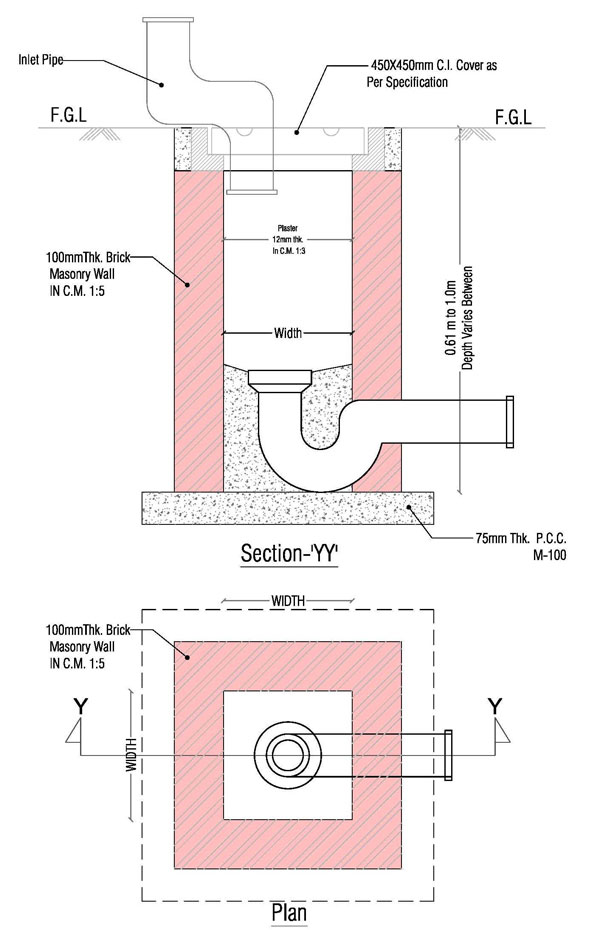
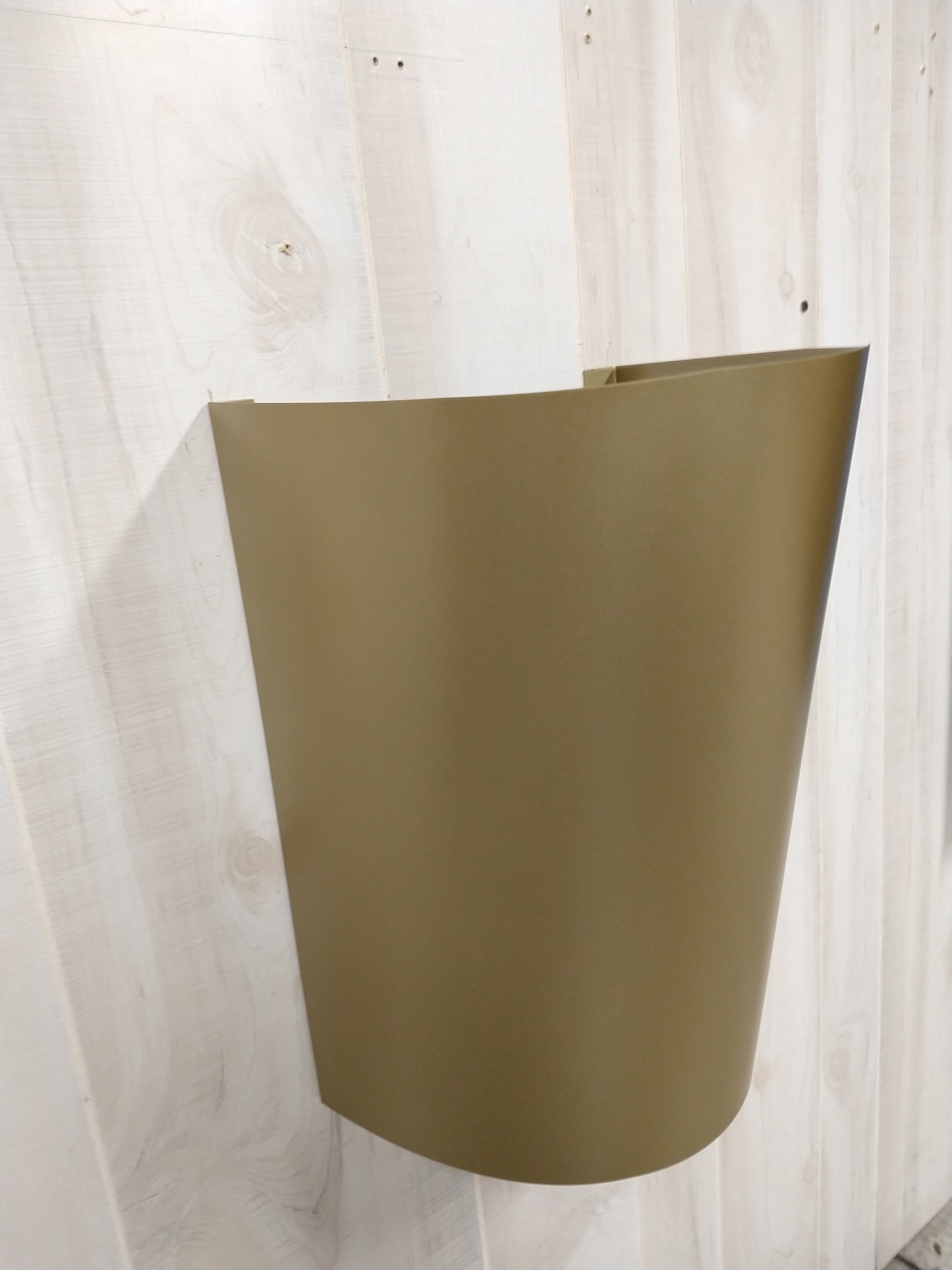


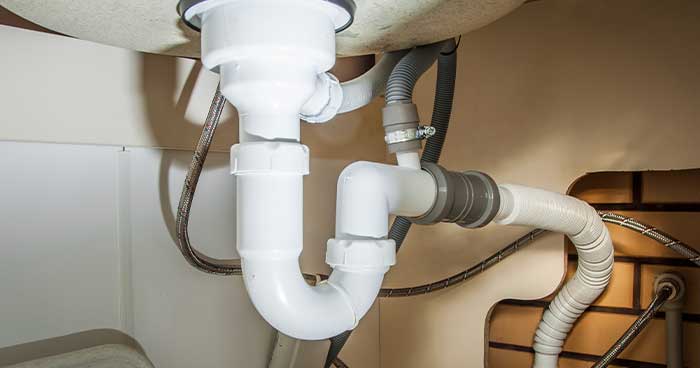
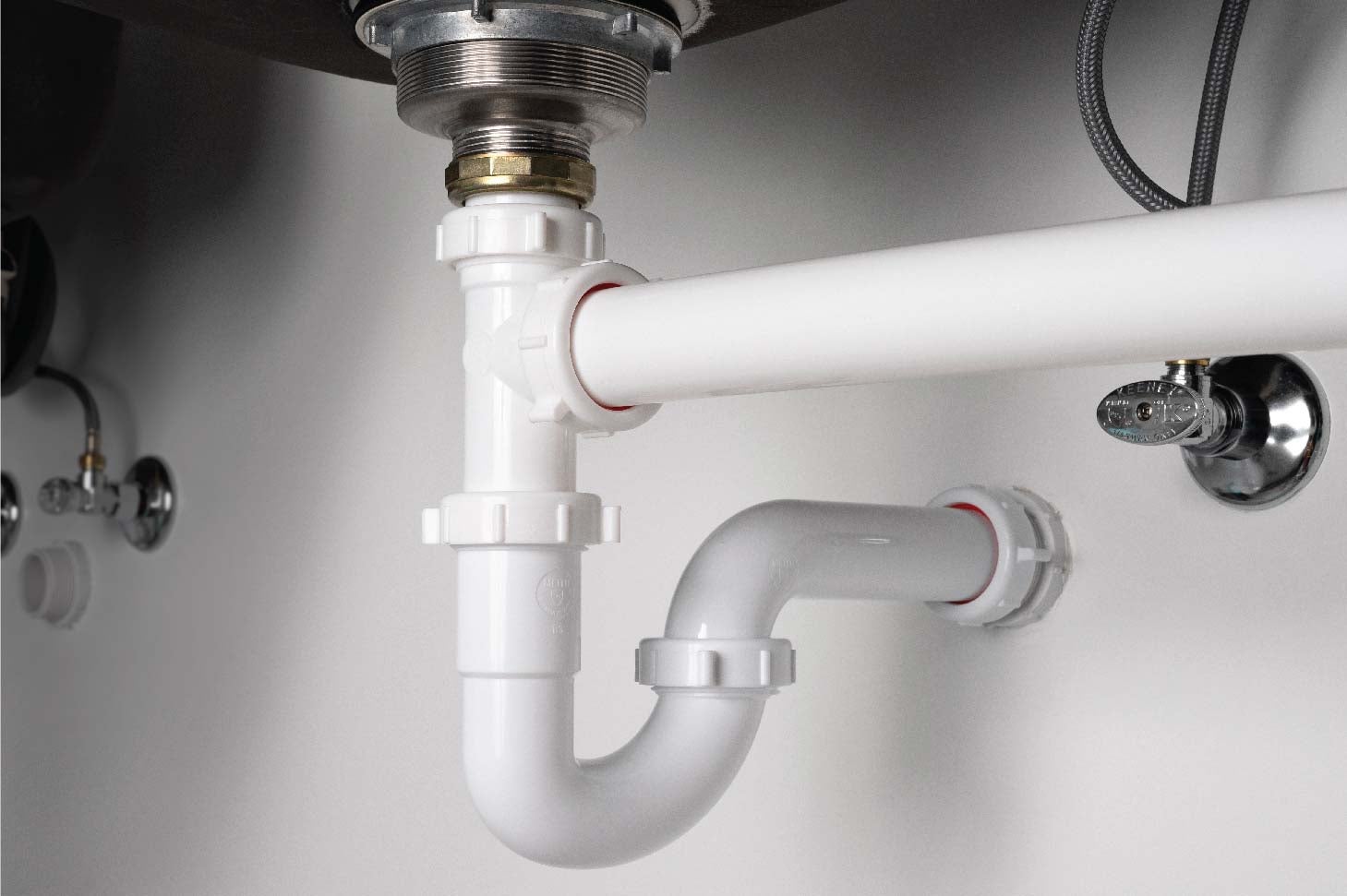
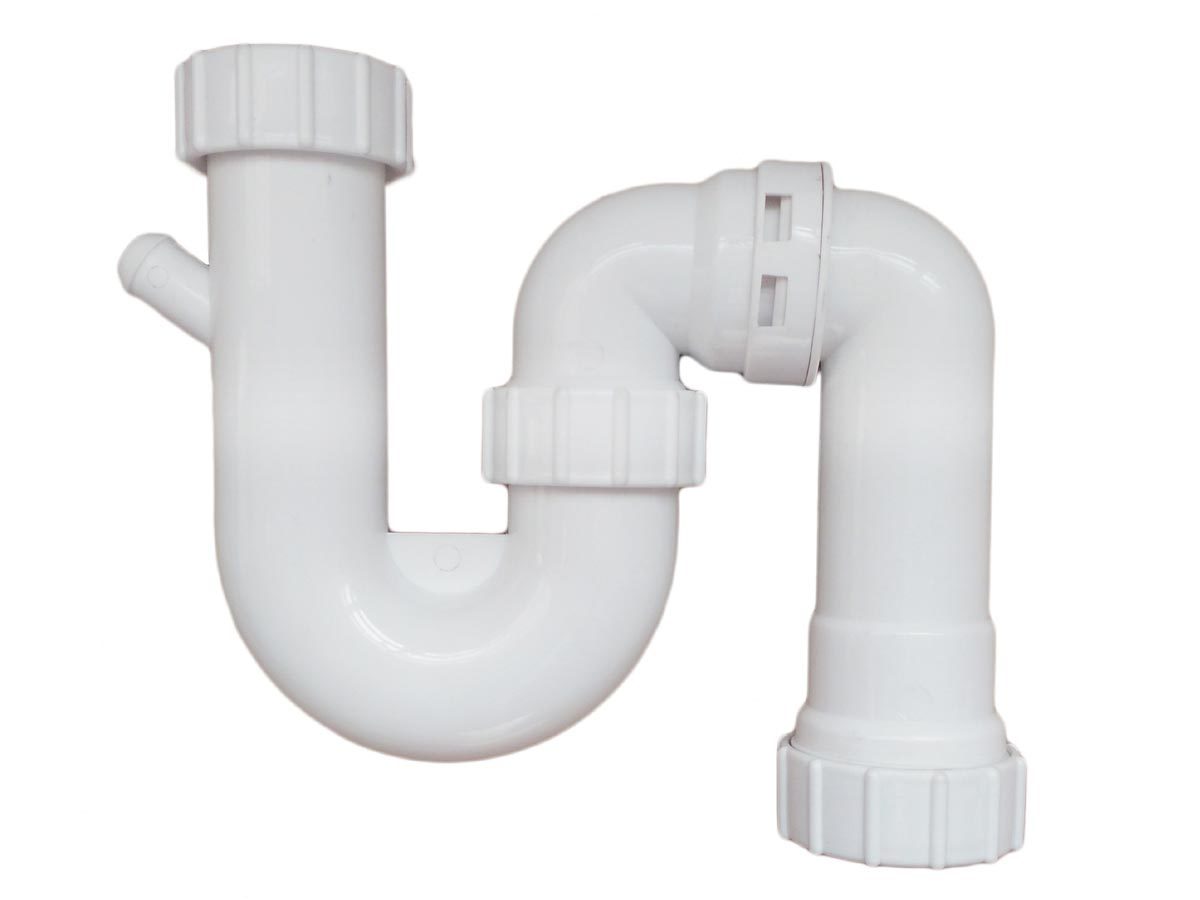
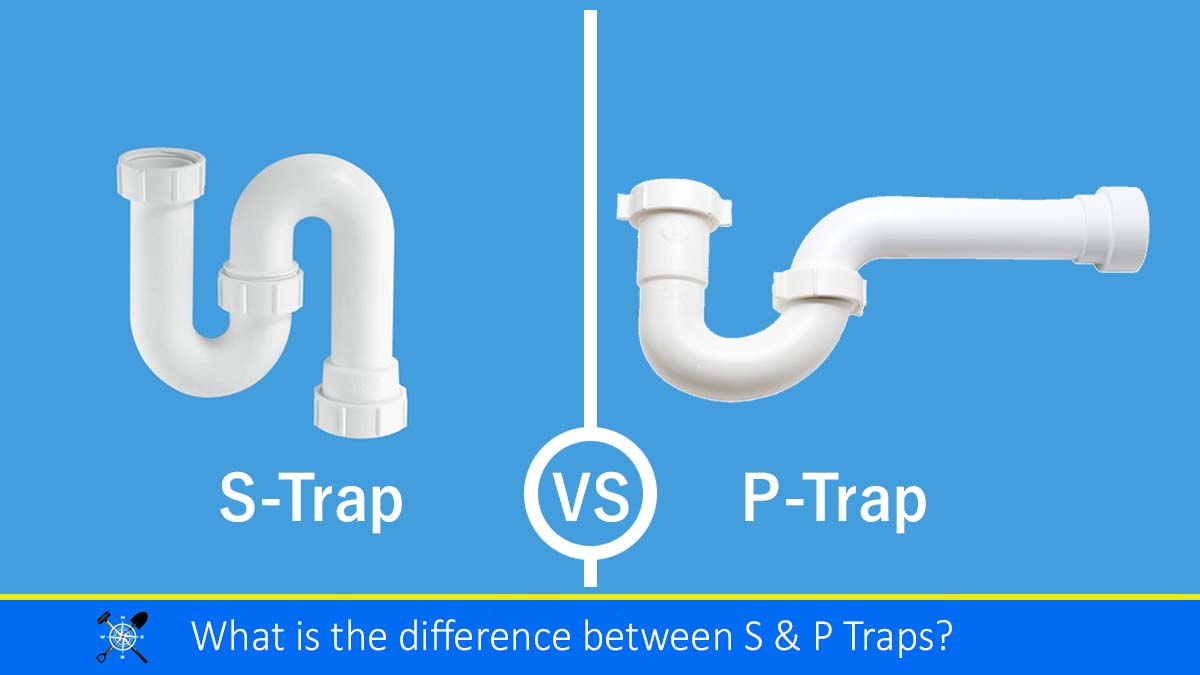










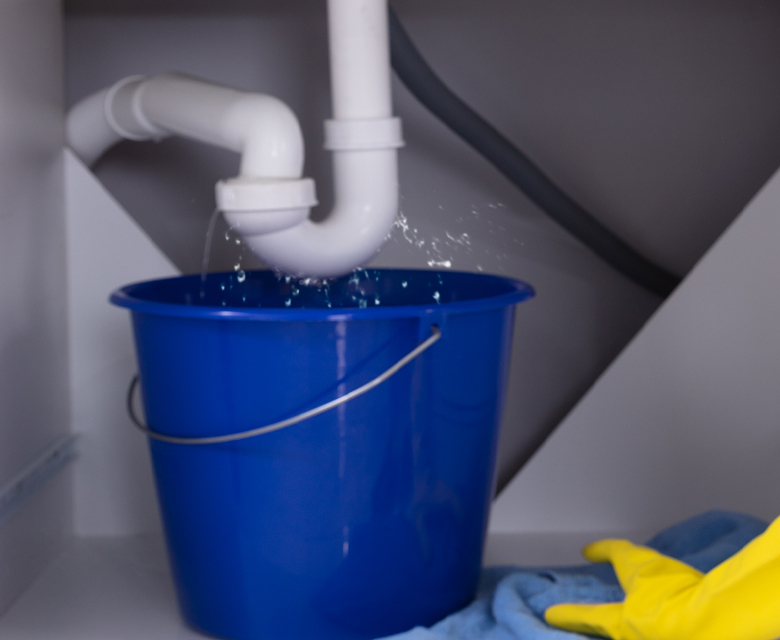






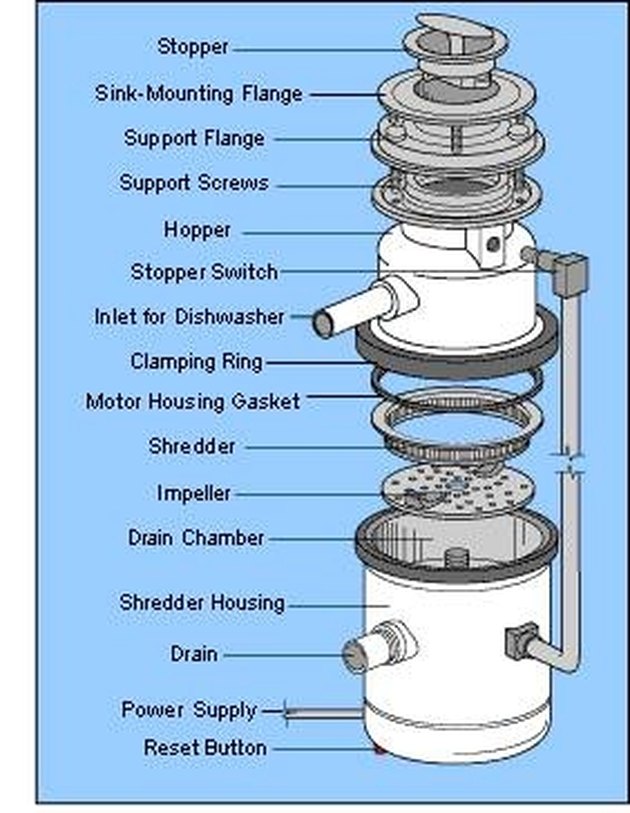


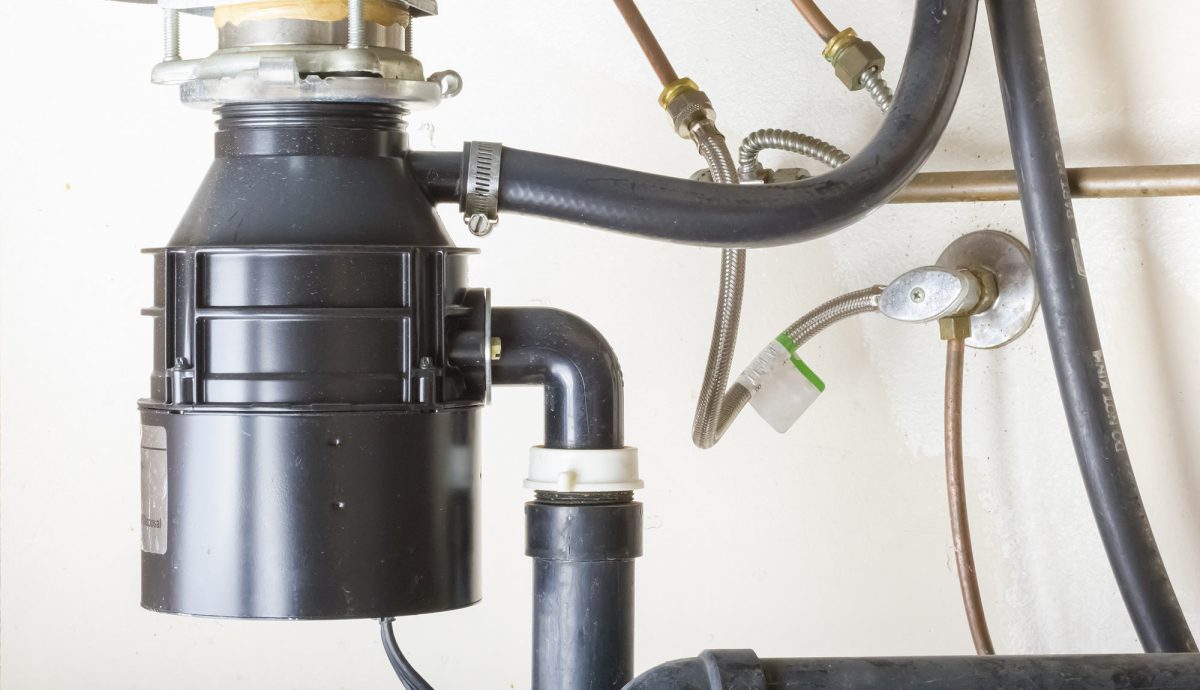

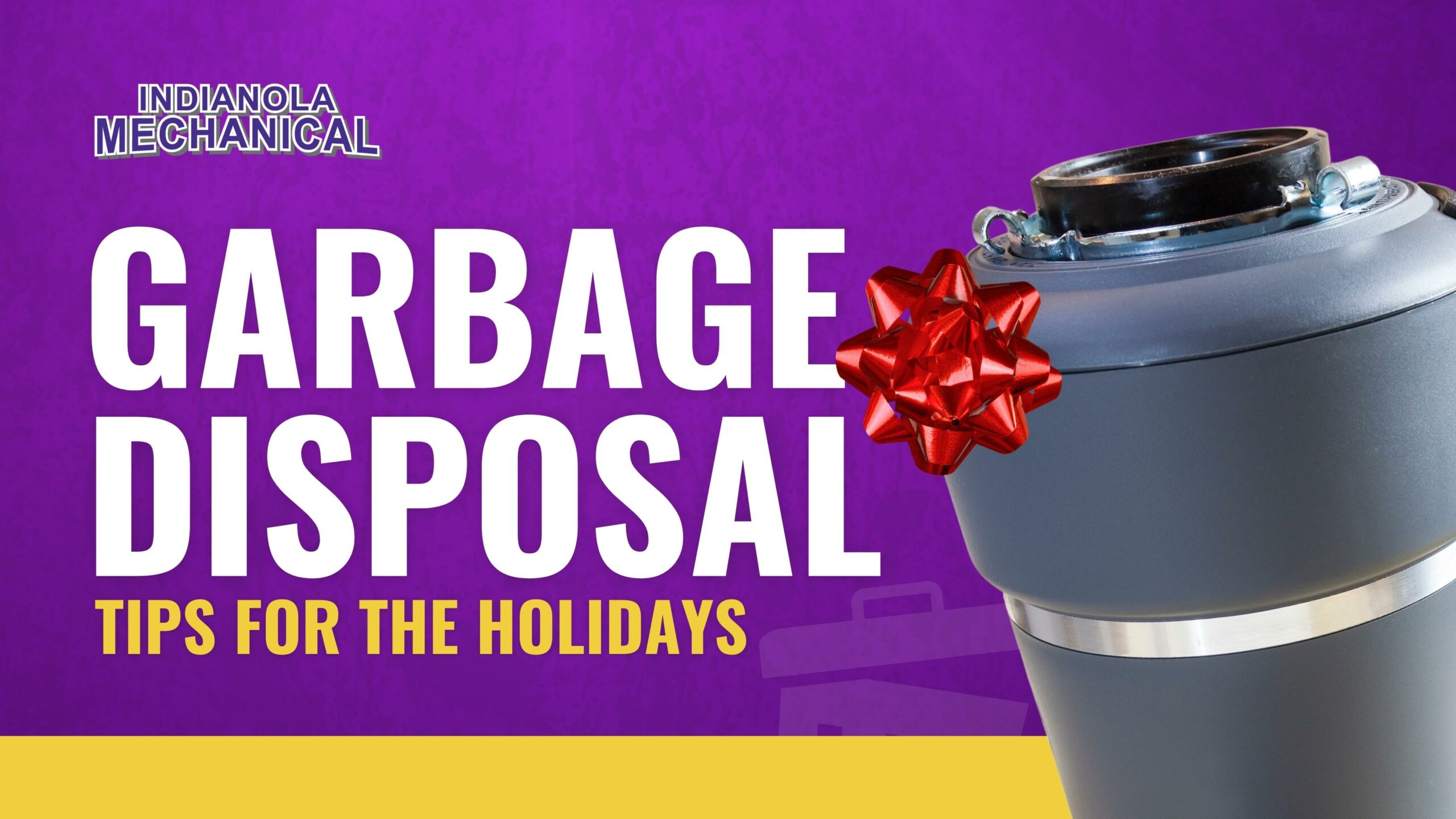

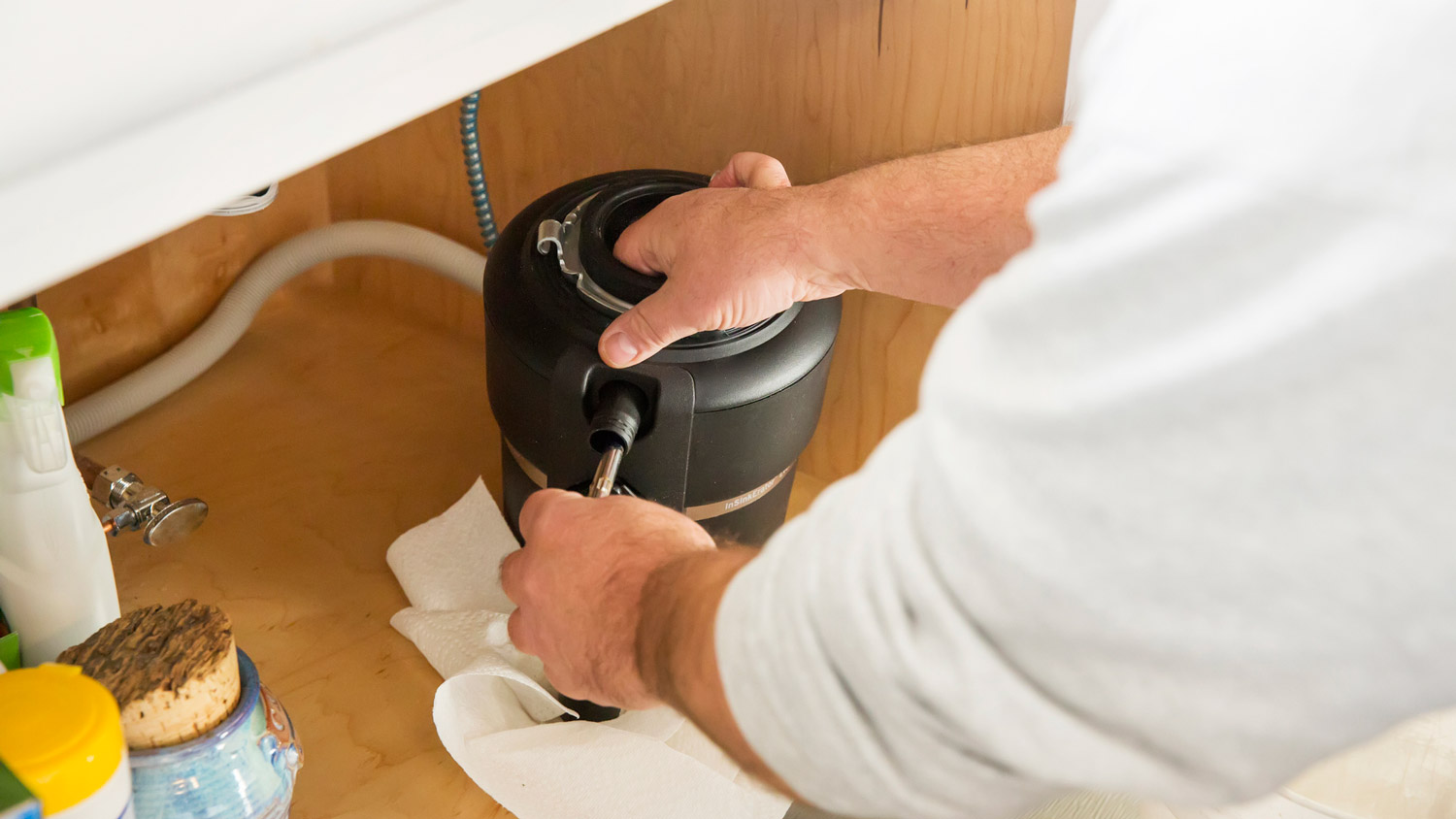

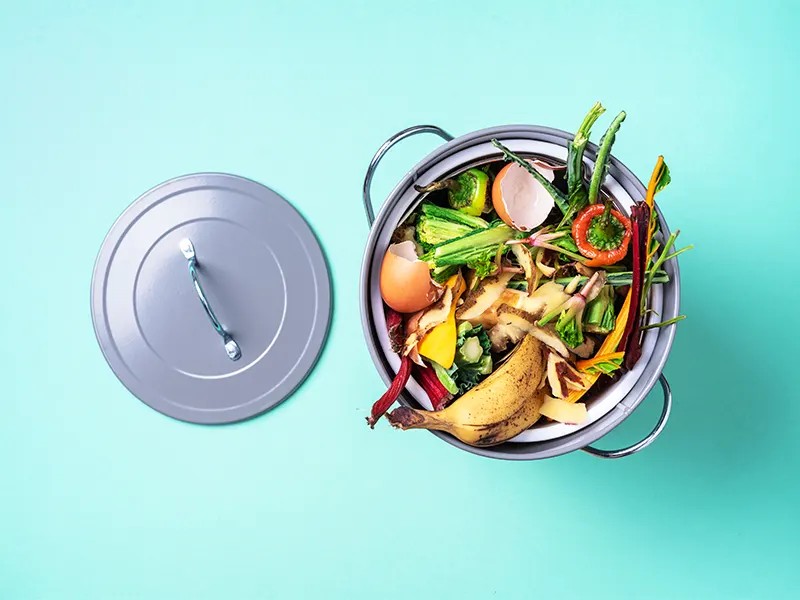






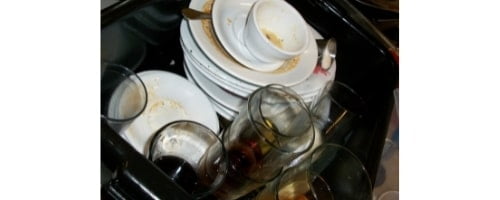
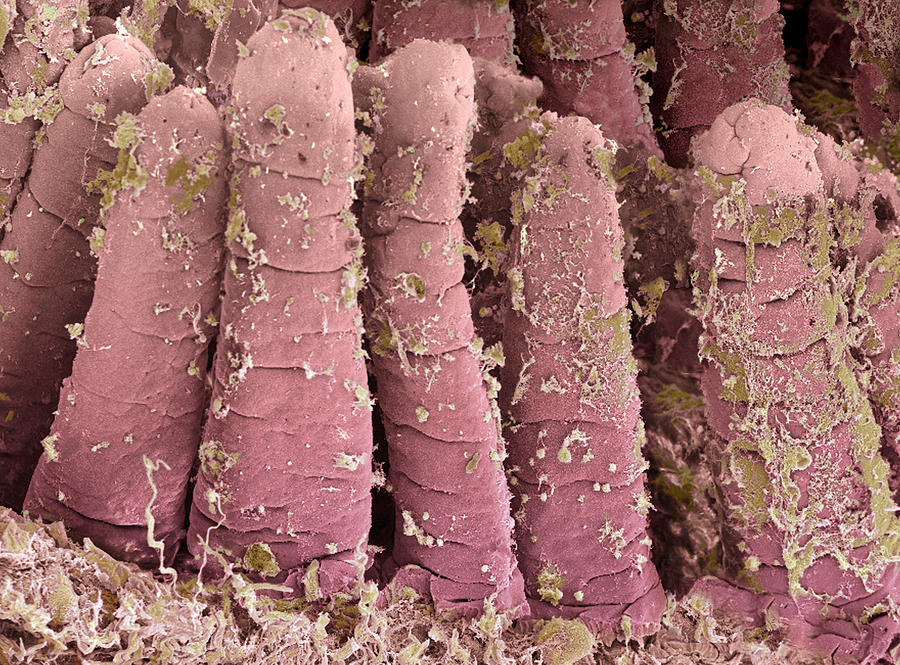



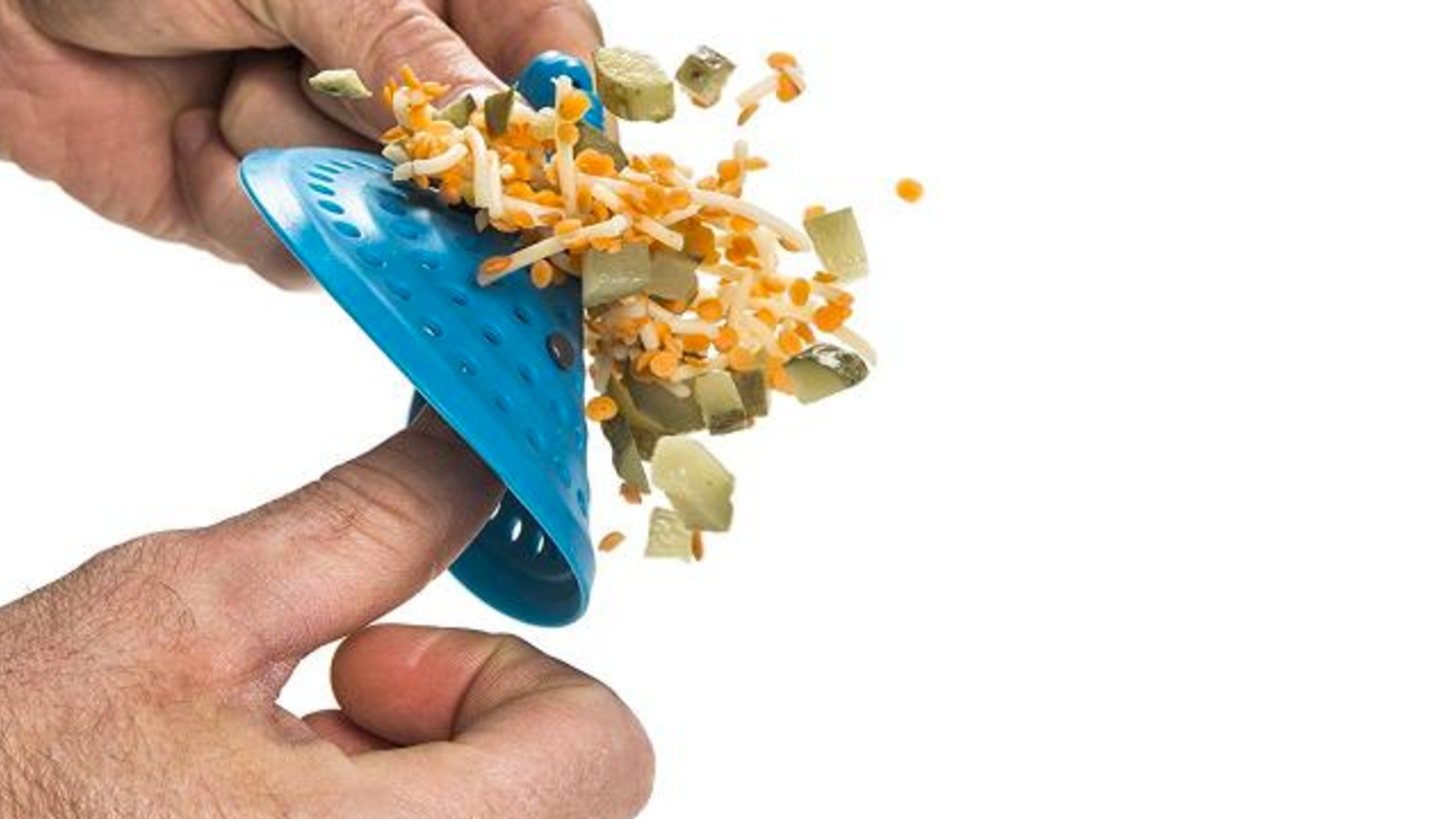




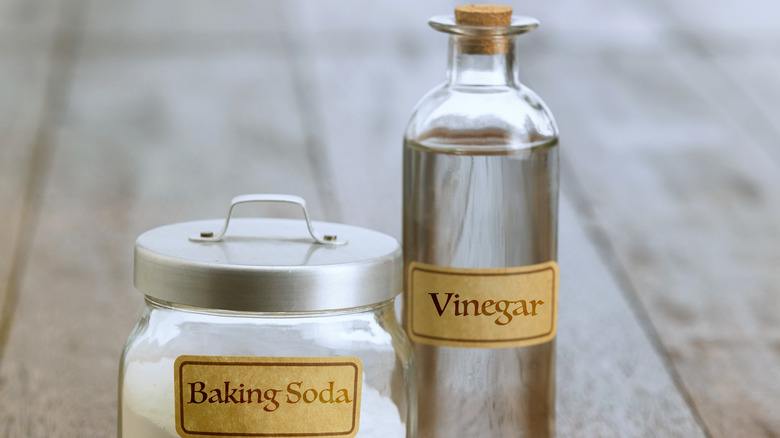
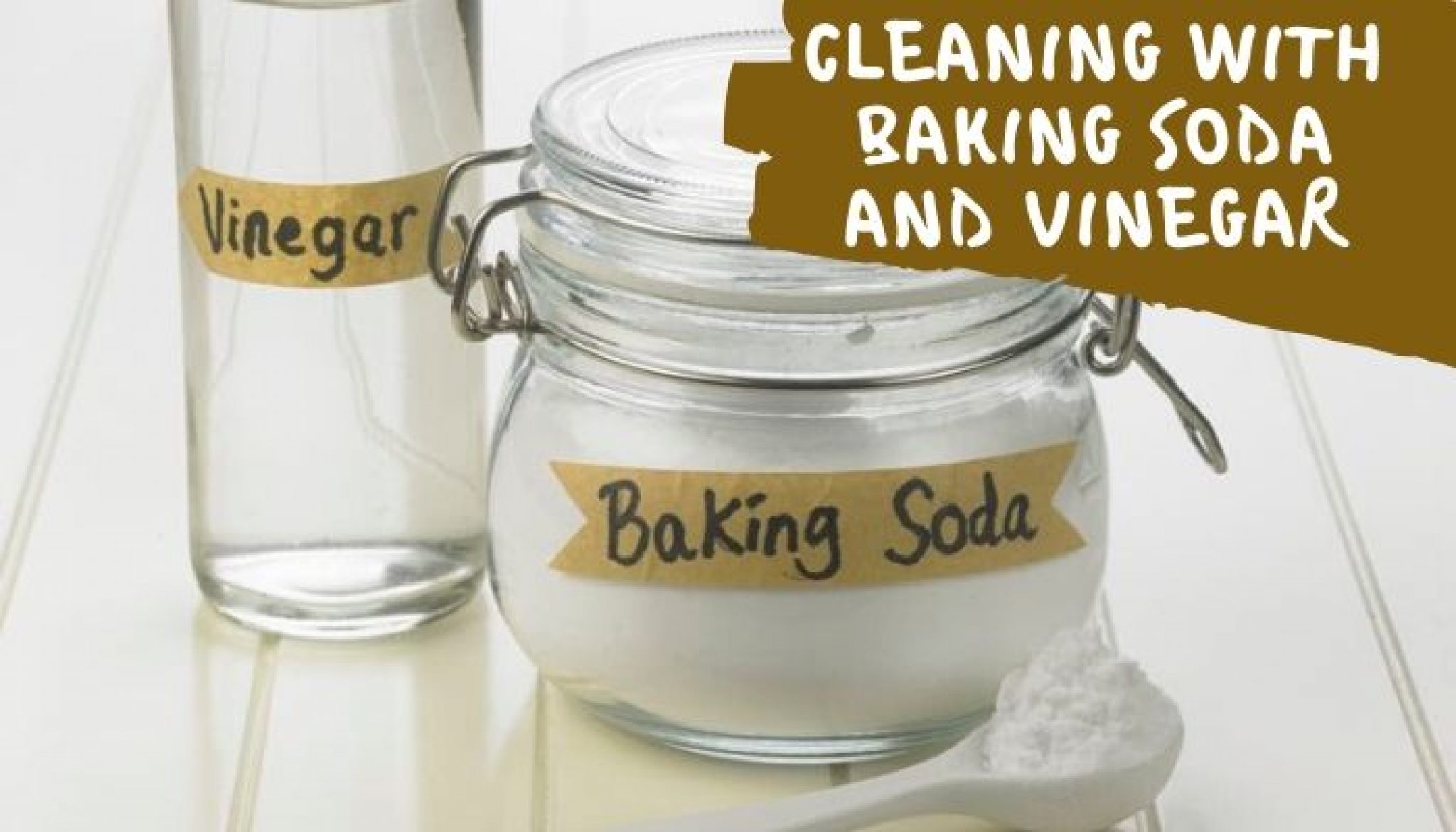



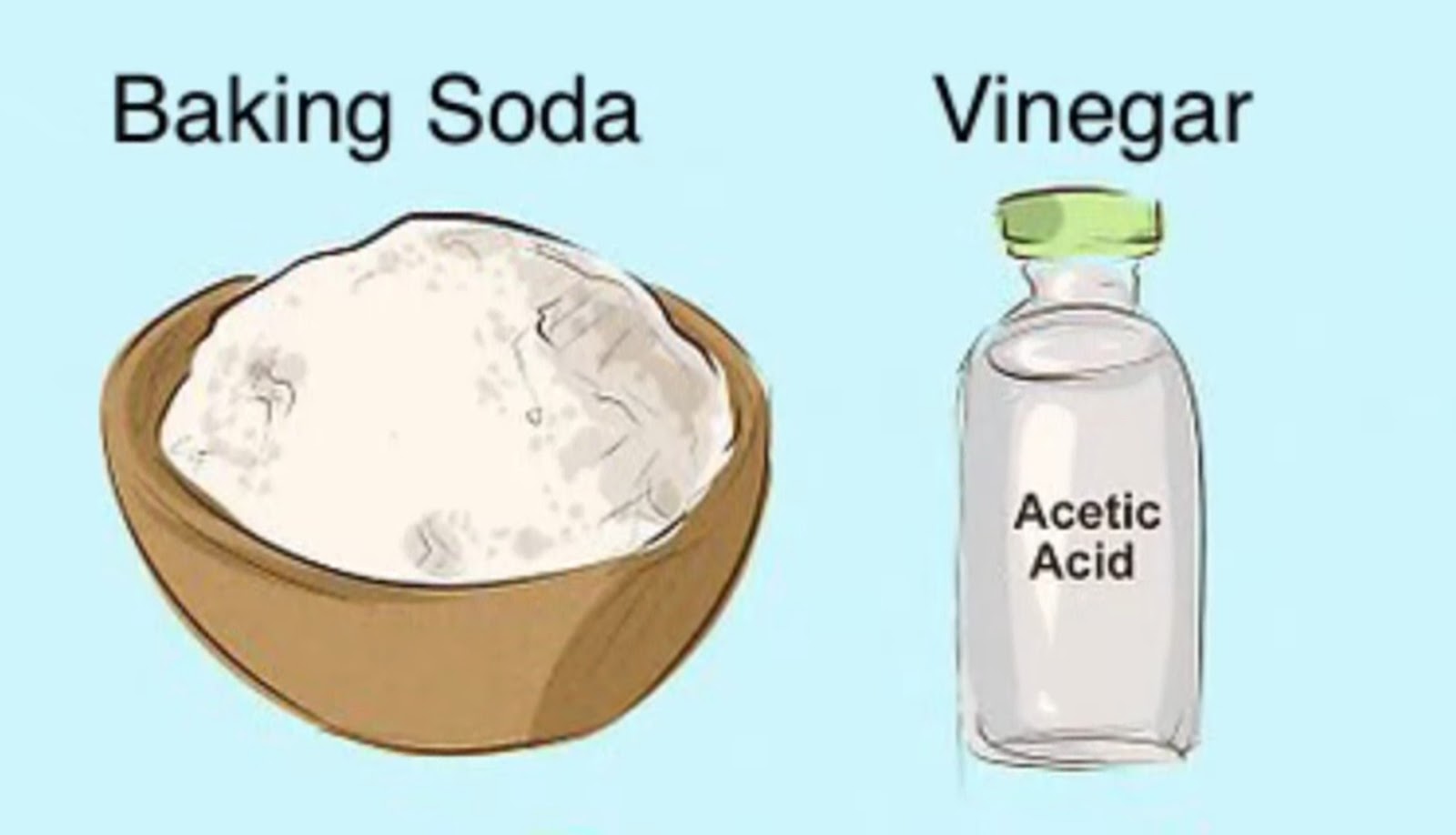



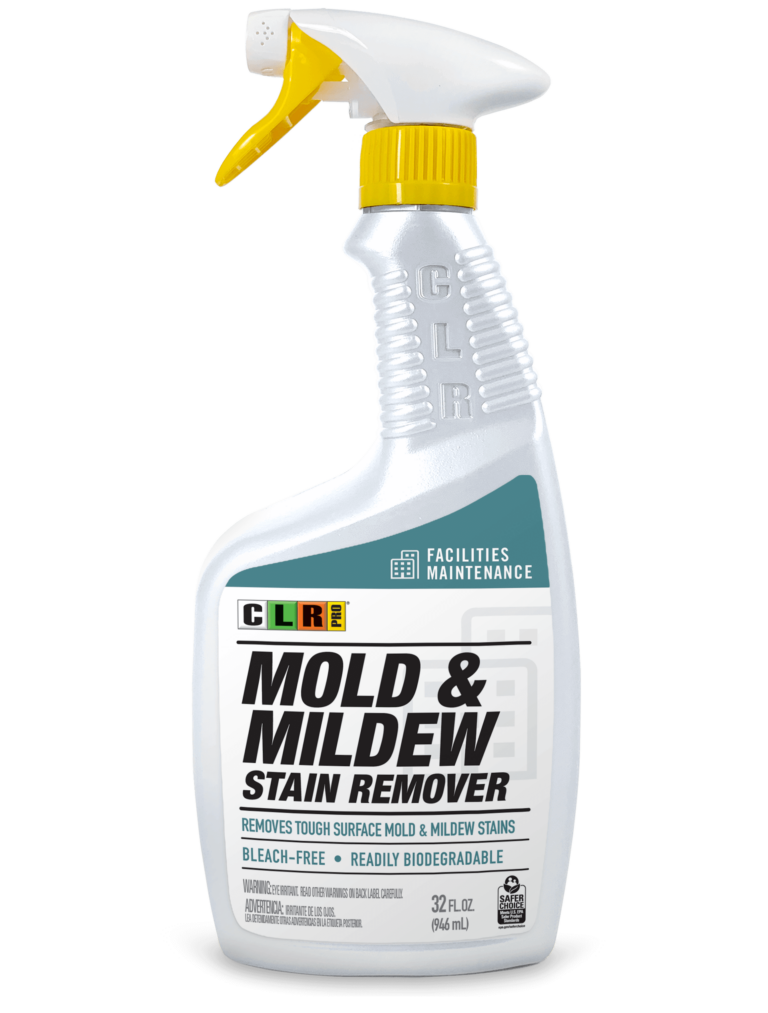


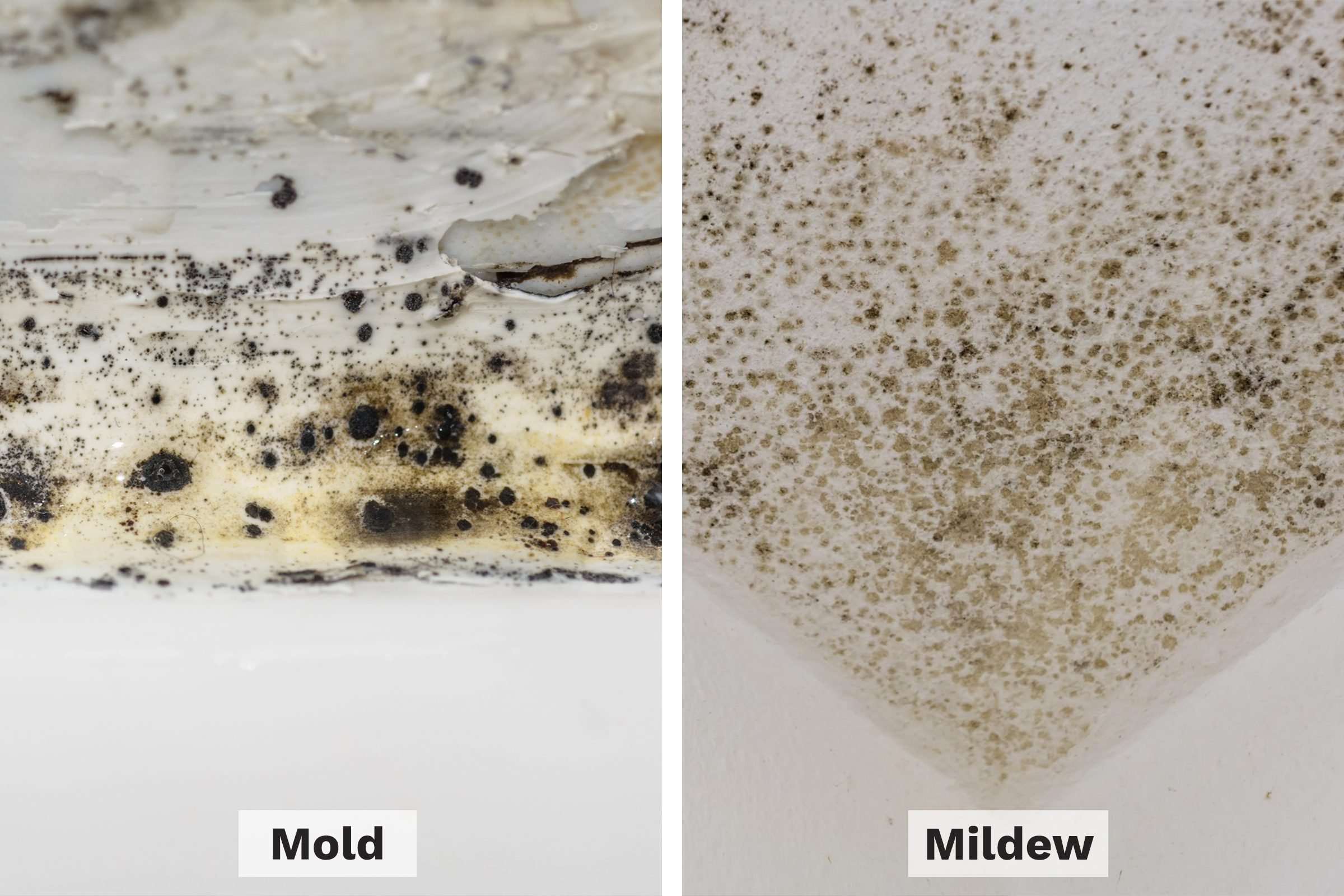


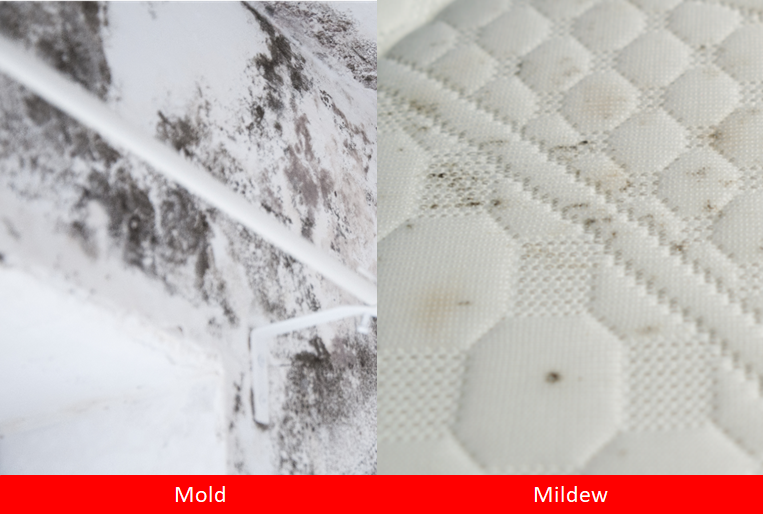






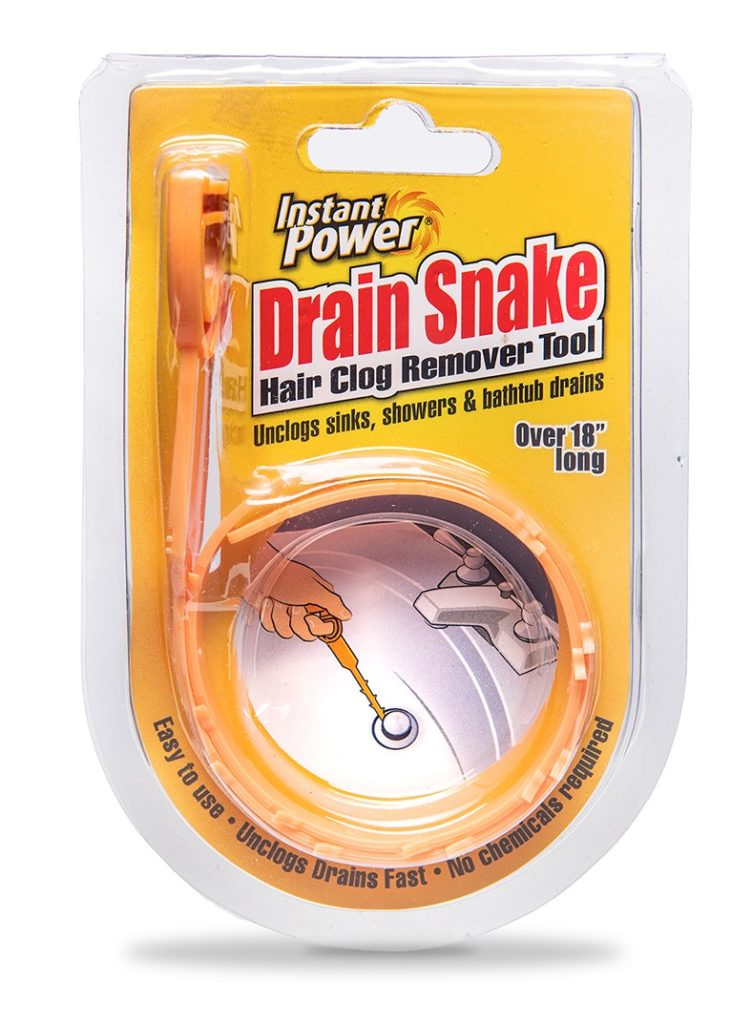



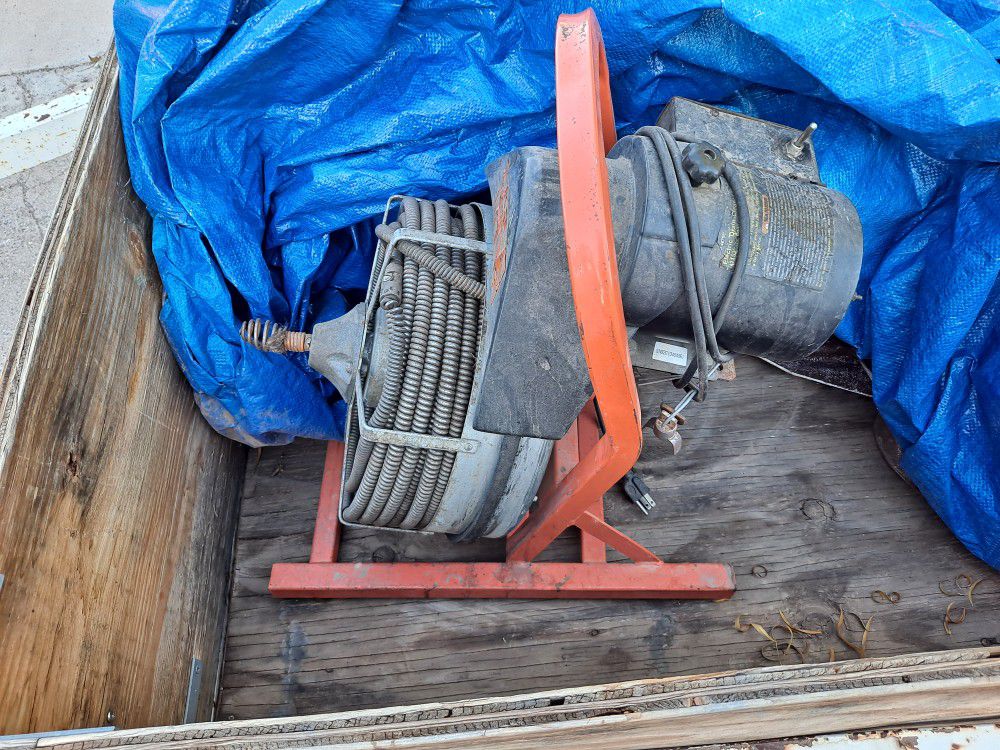
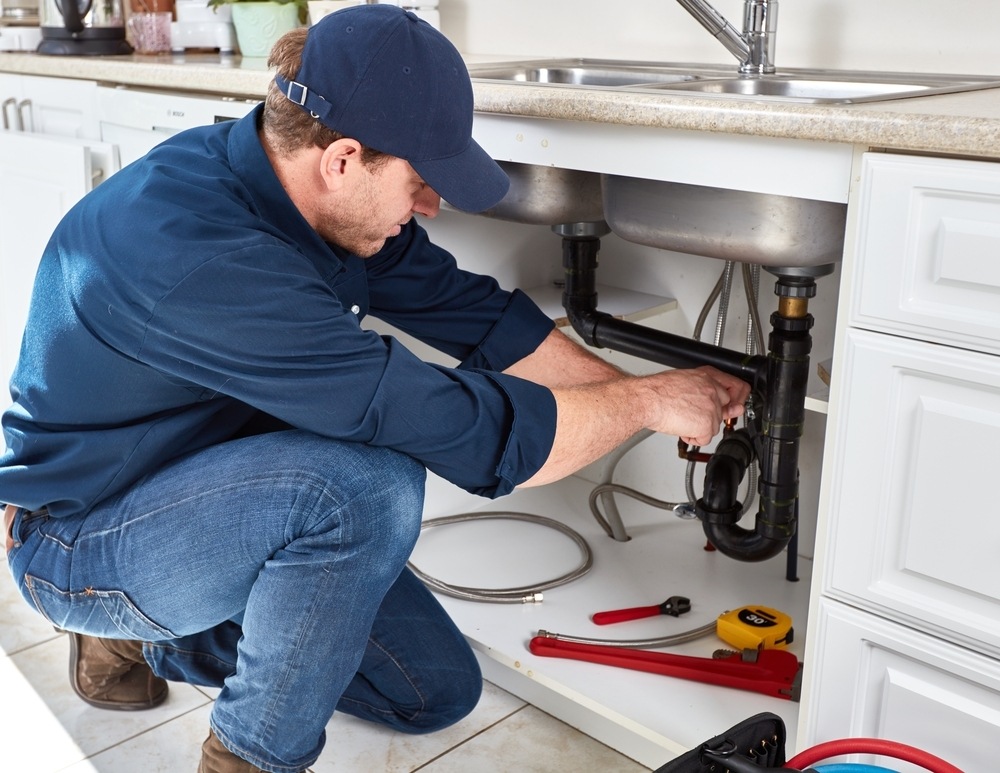

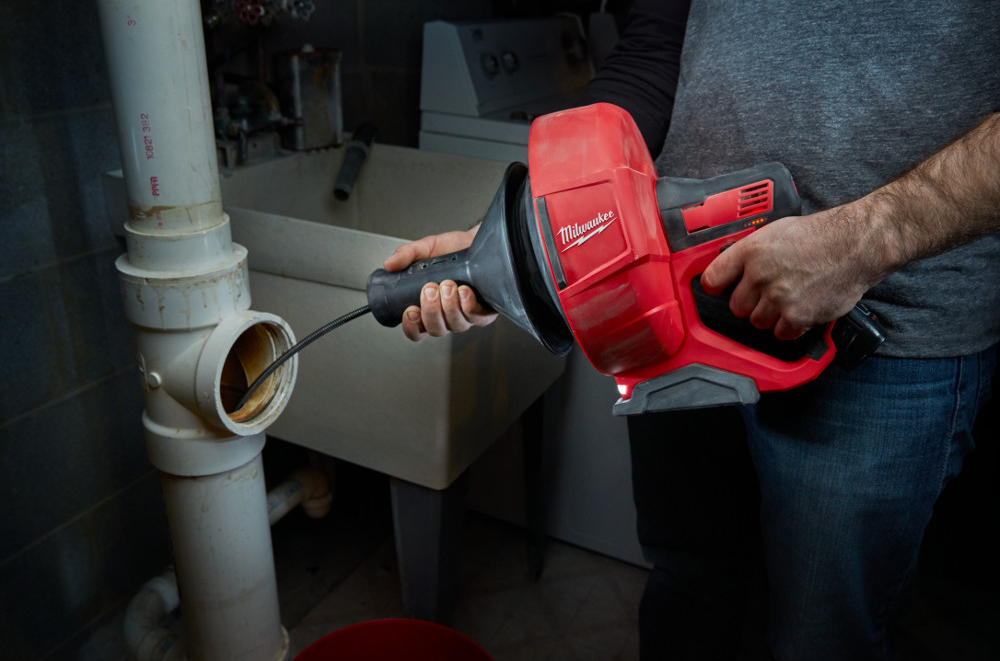


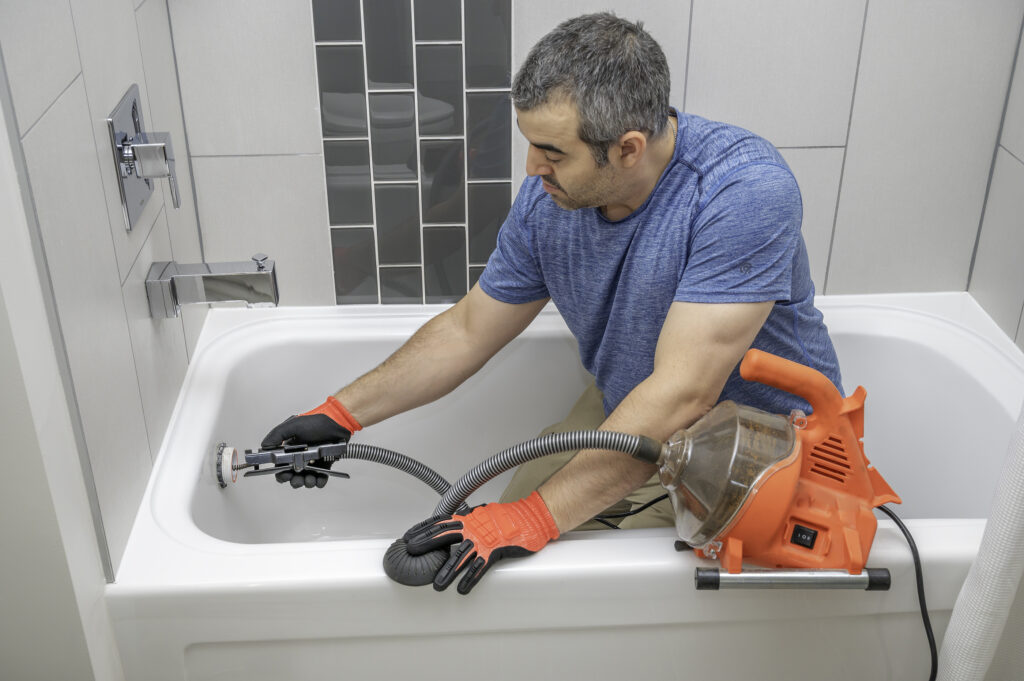





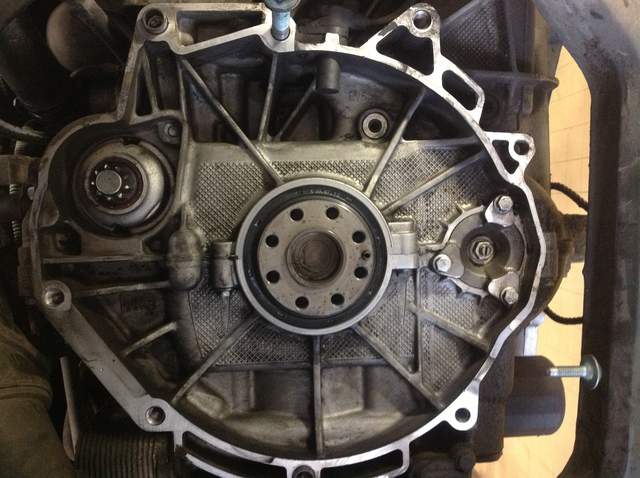

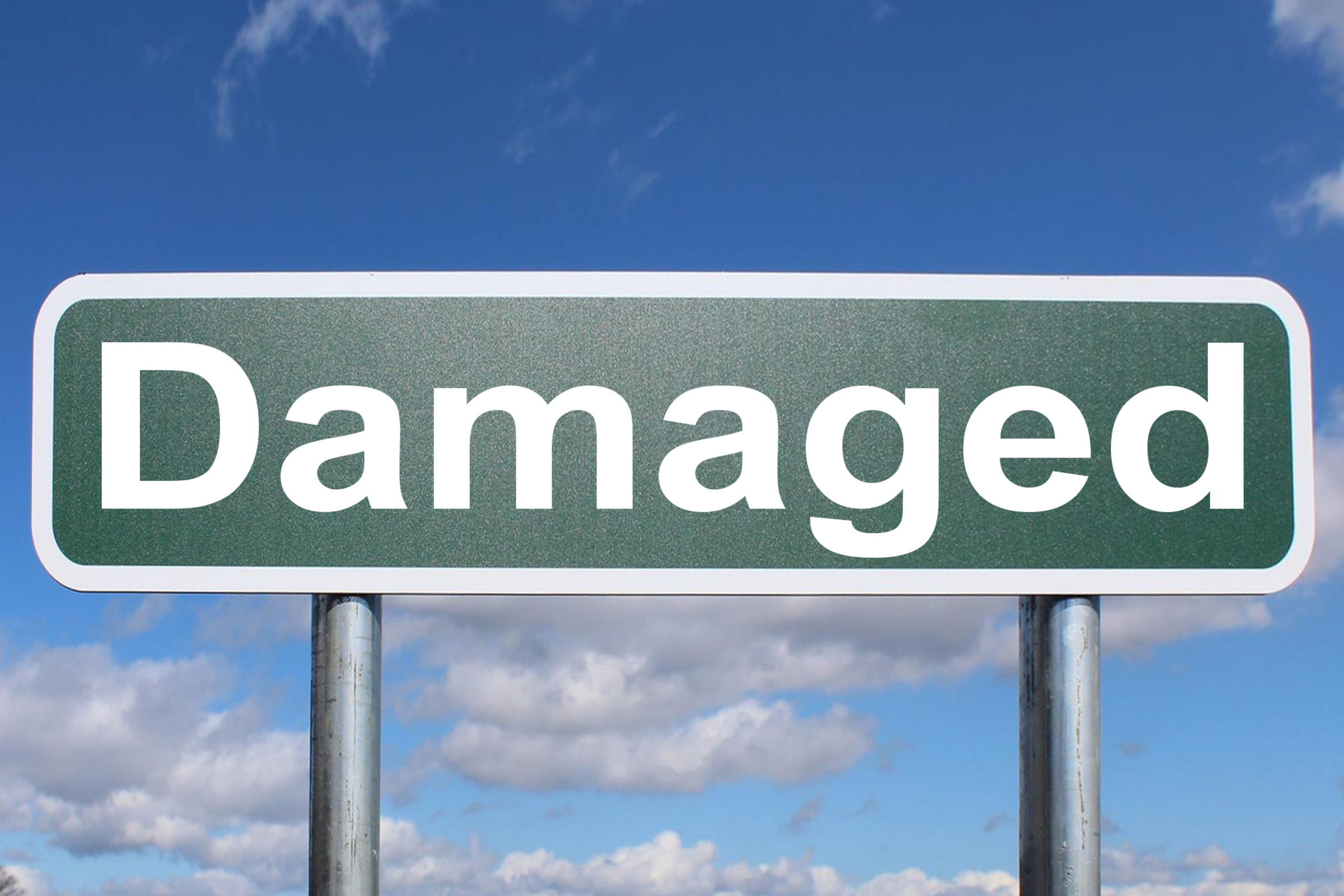
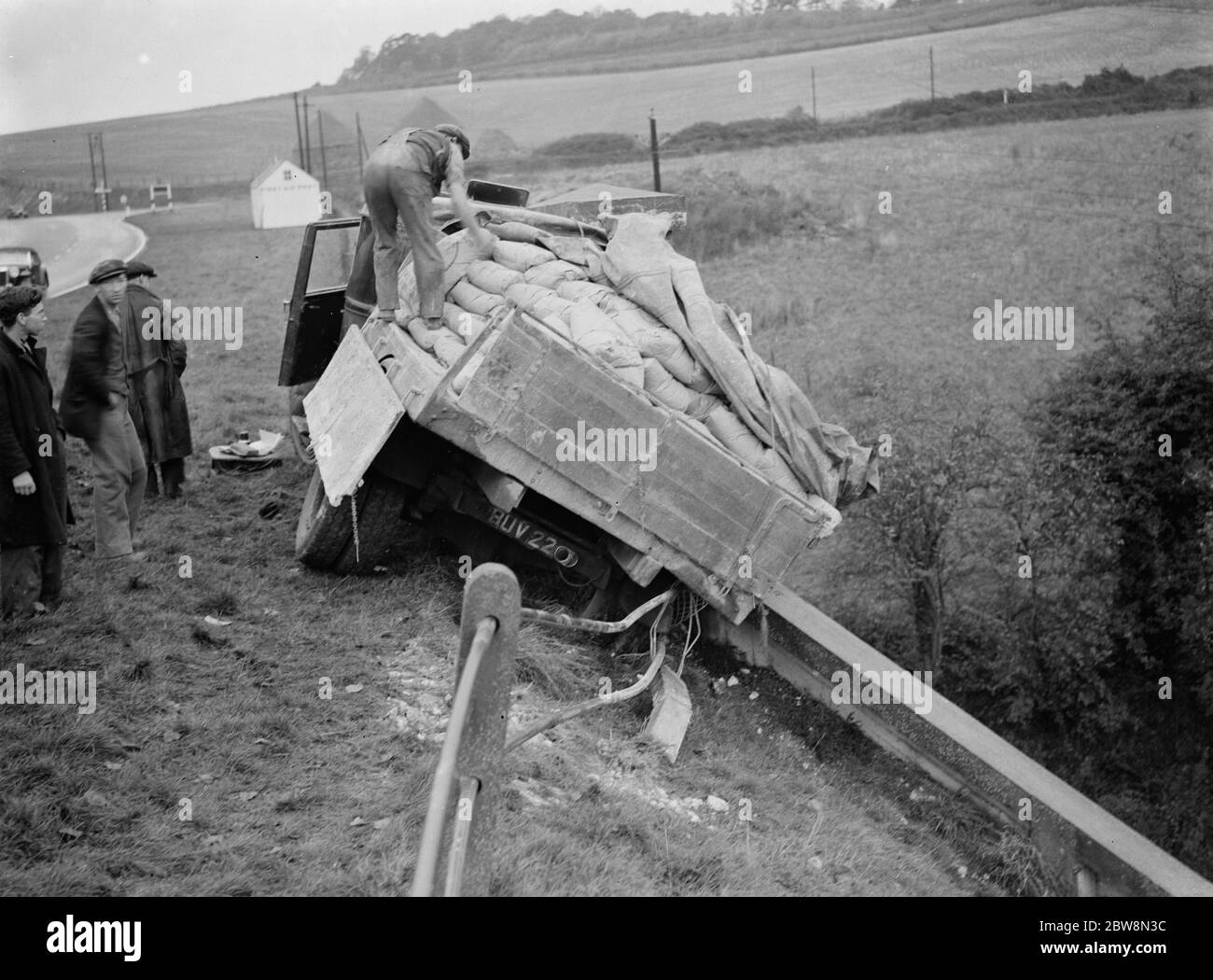



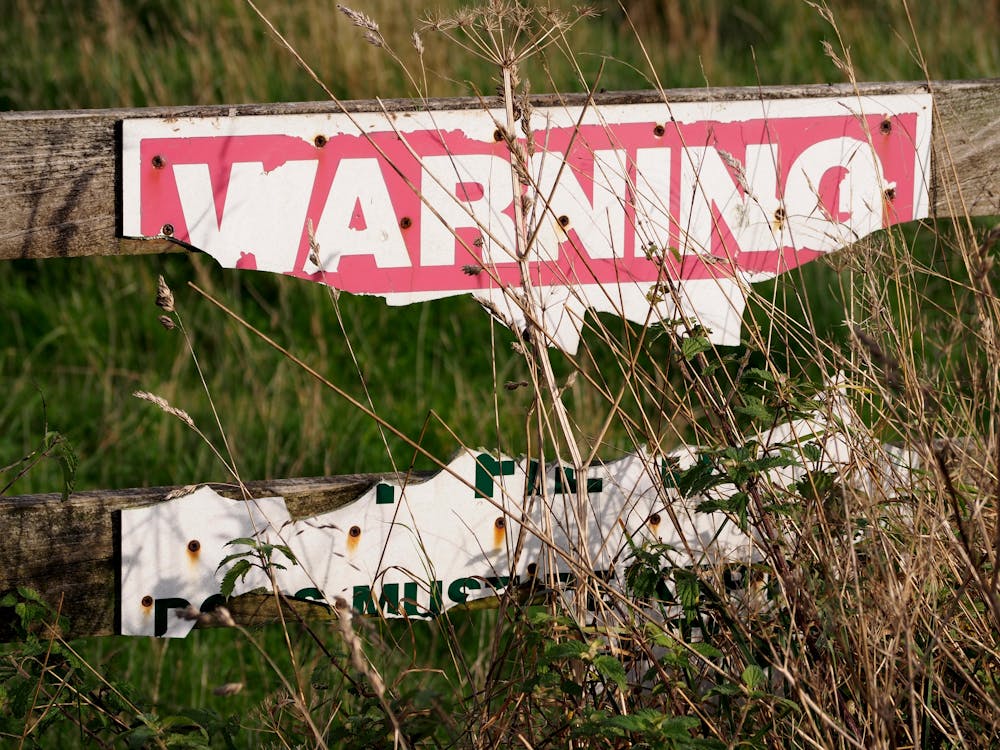


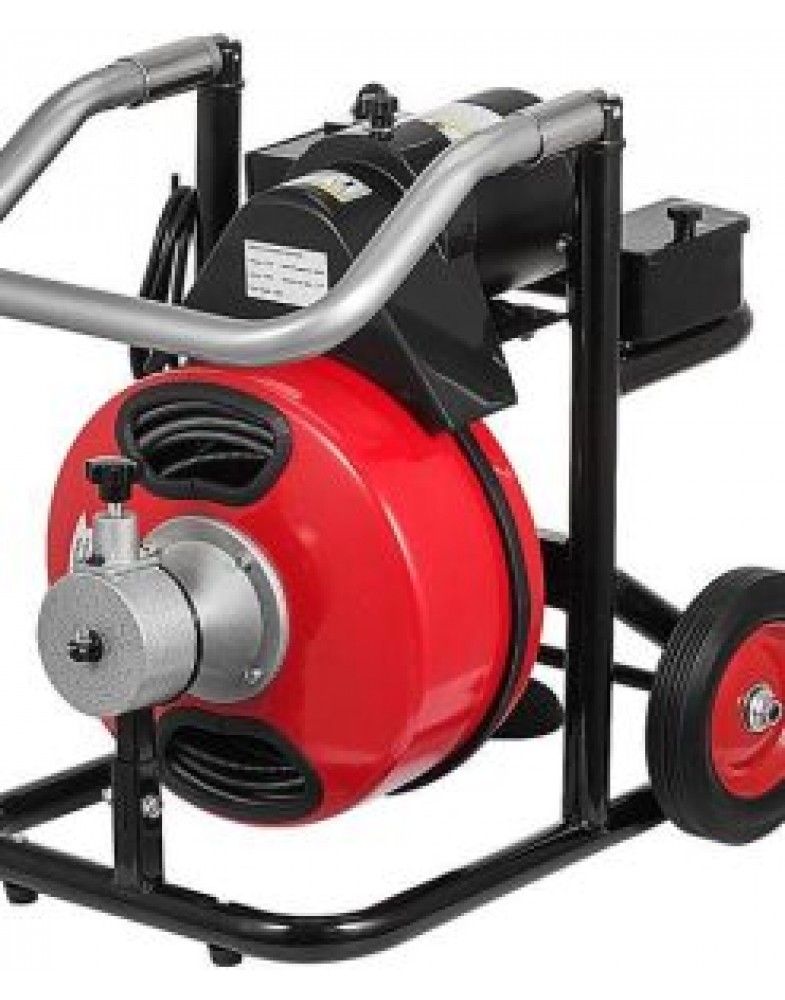




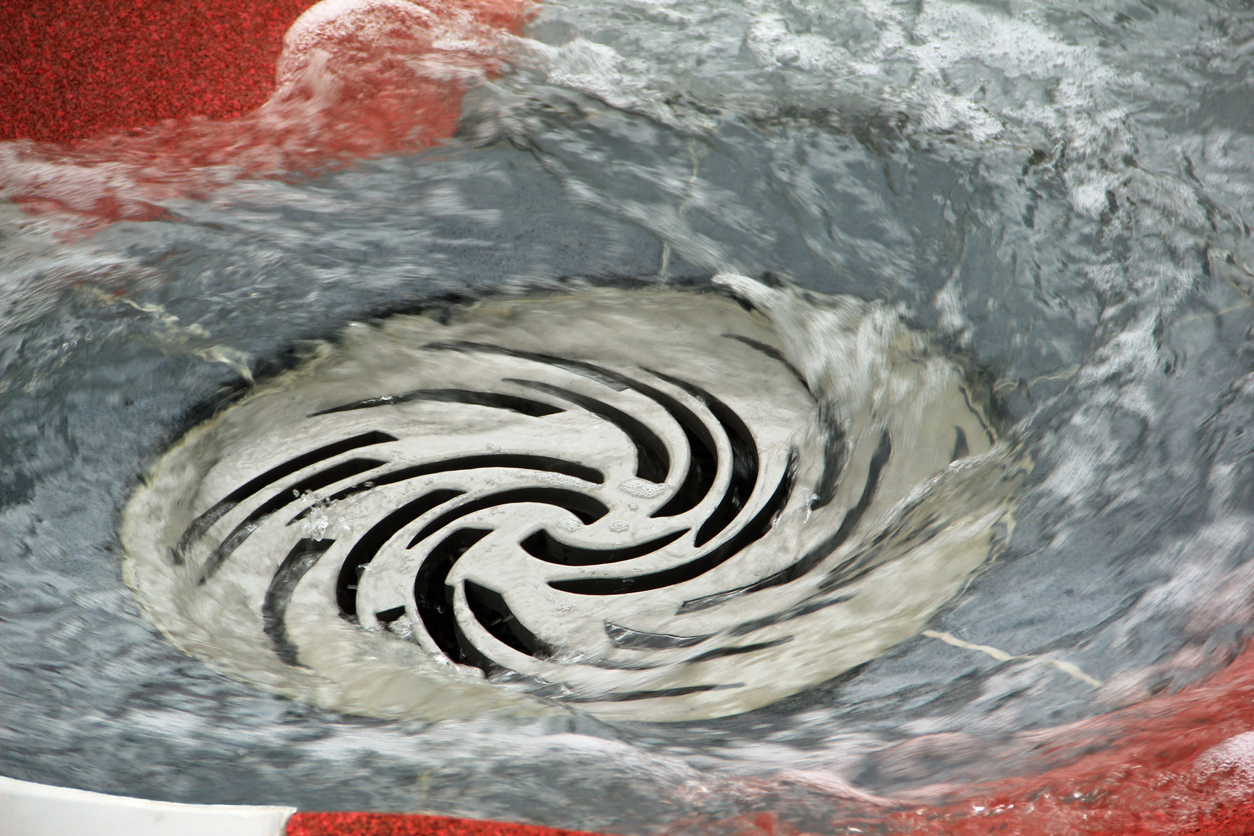
/98292130-56a12f705f9b58b7d0bcdef7.jpg)
